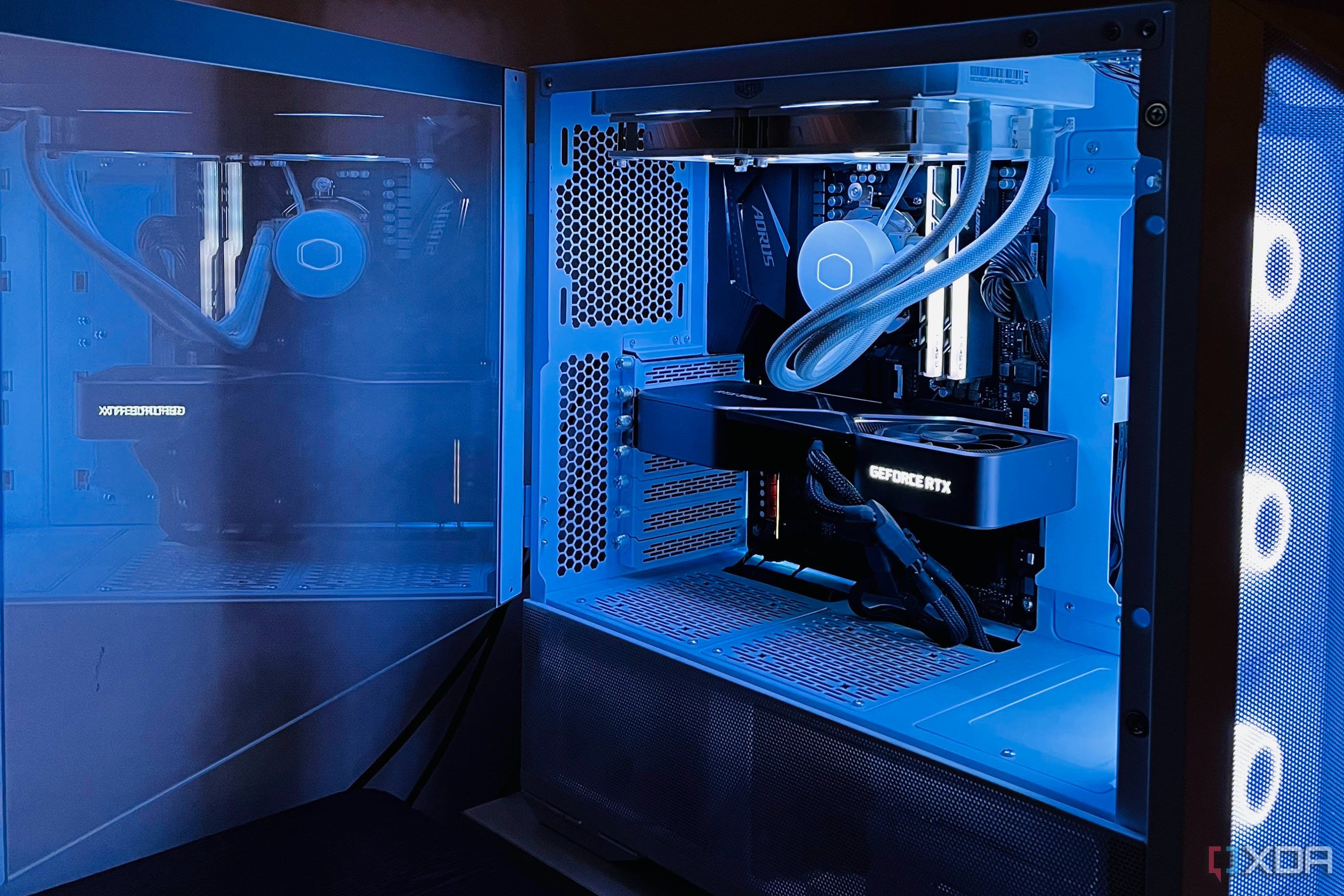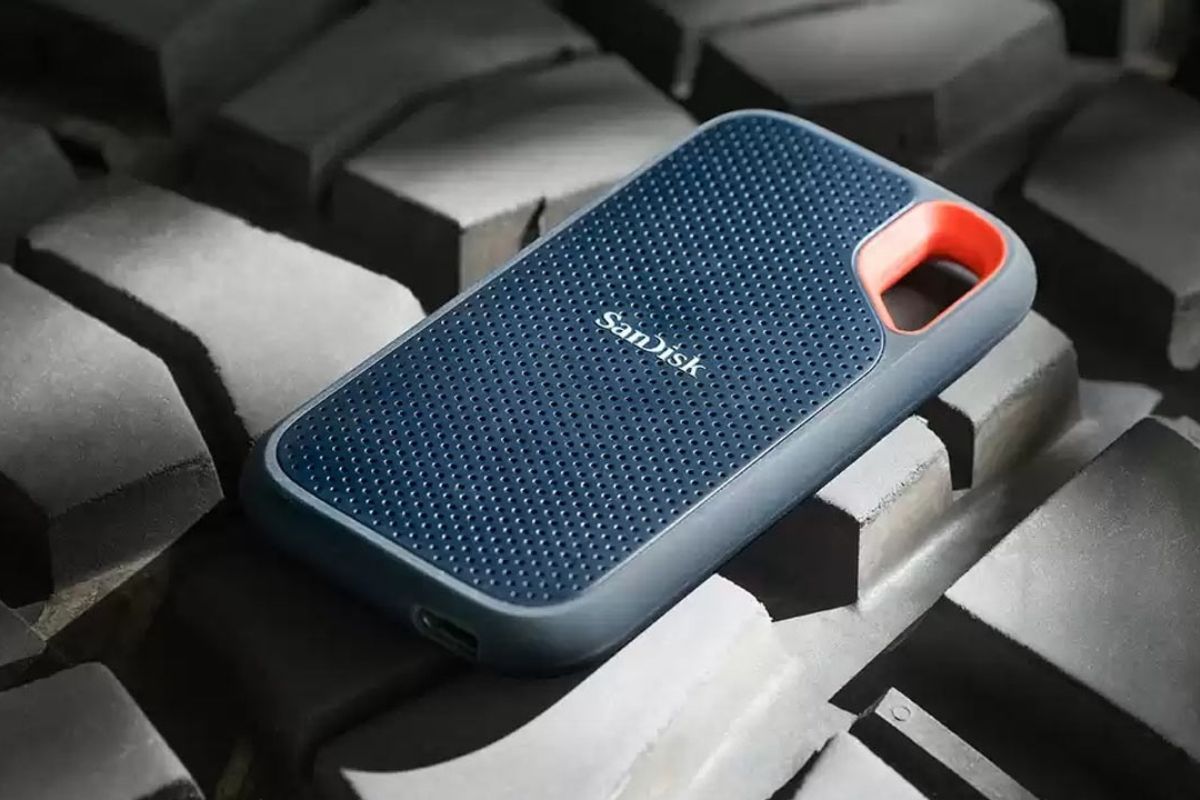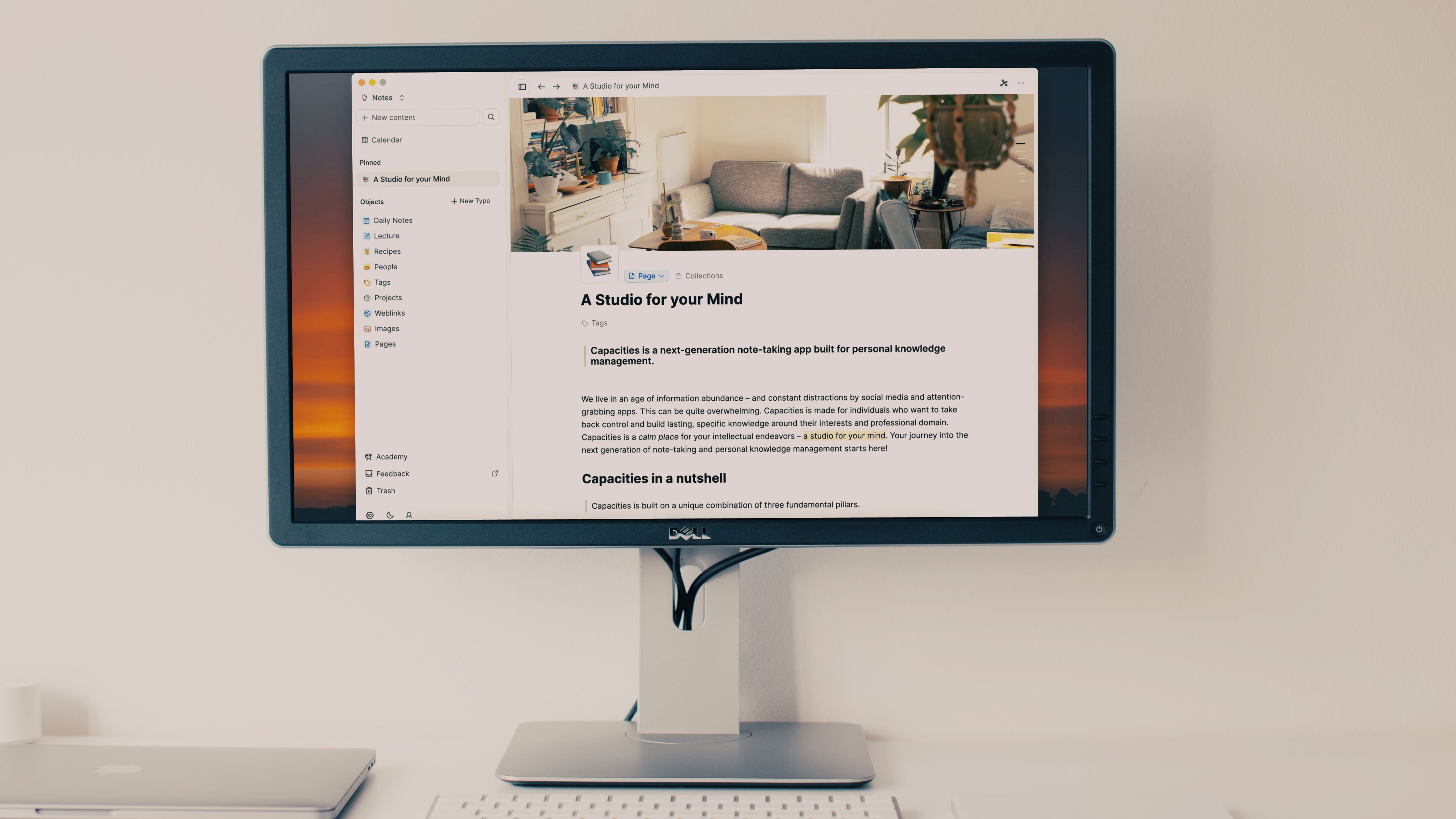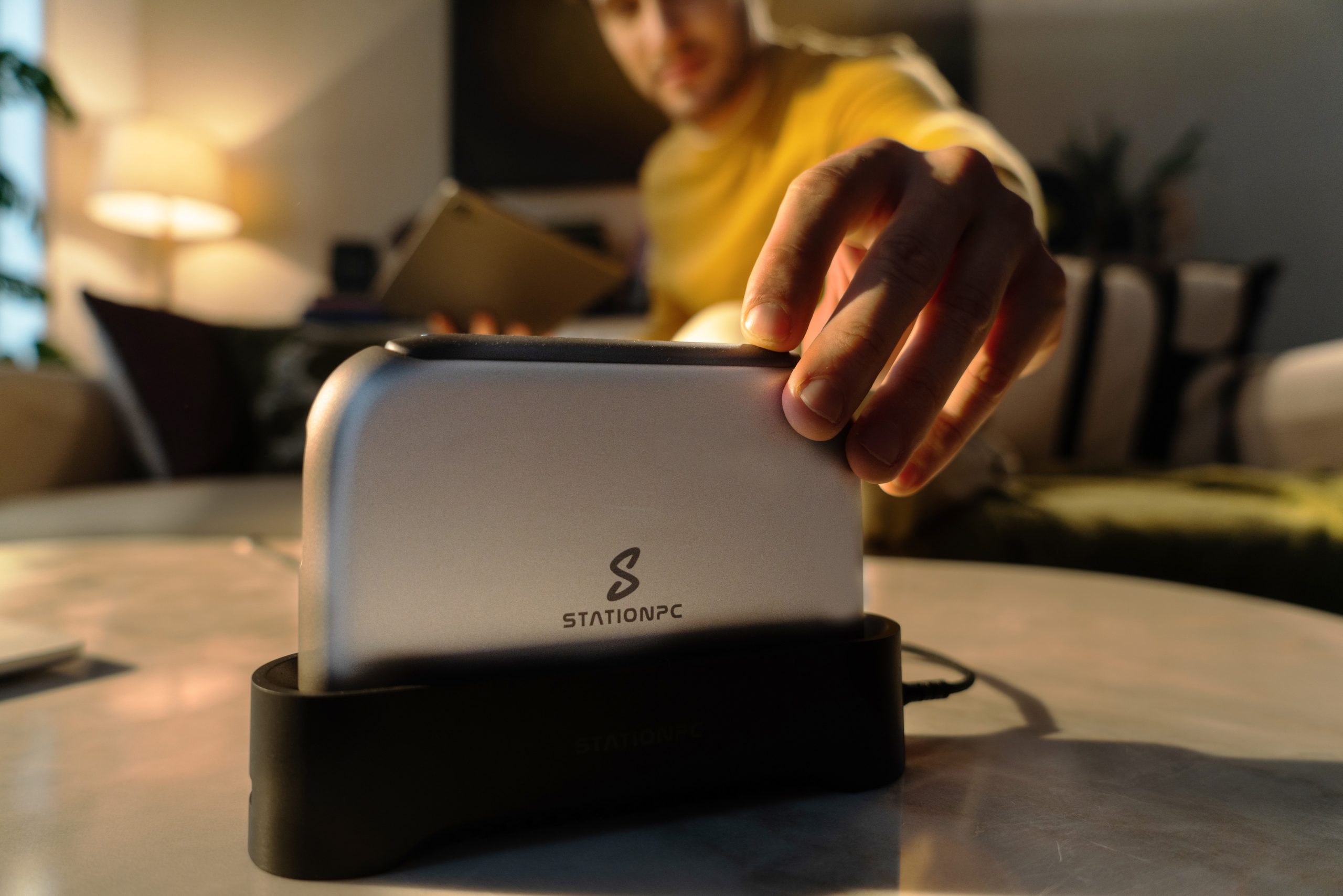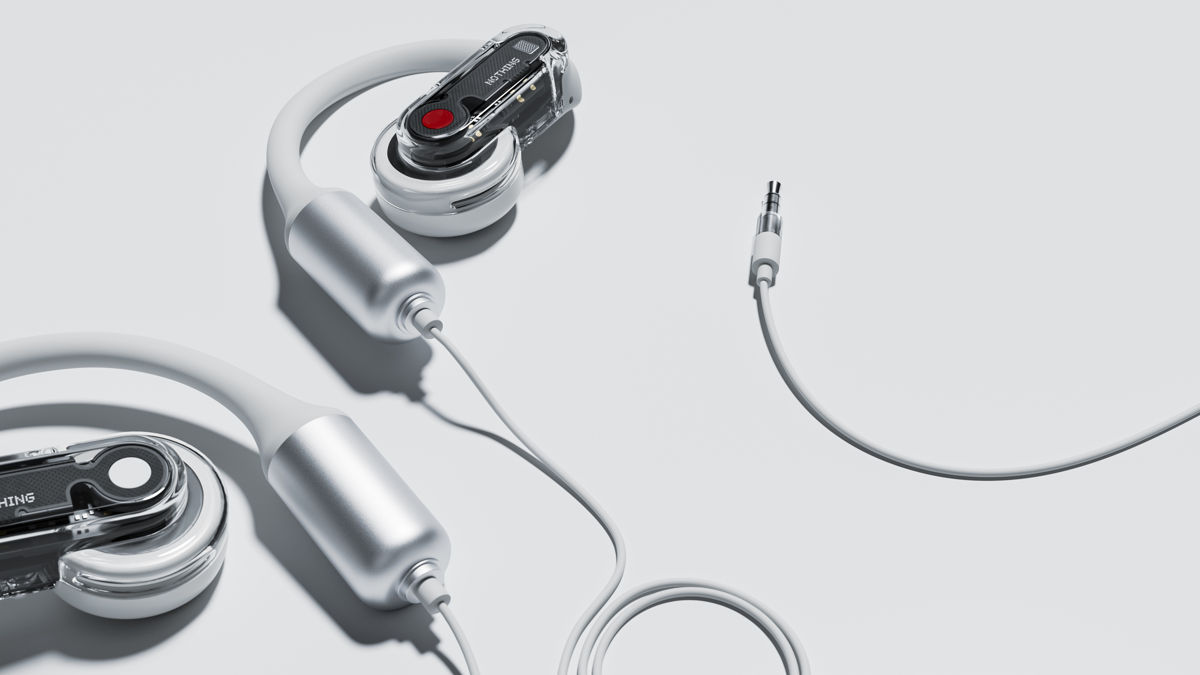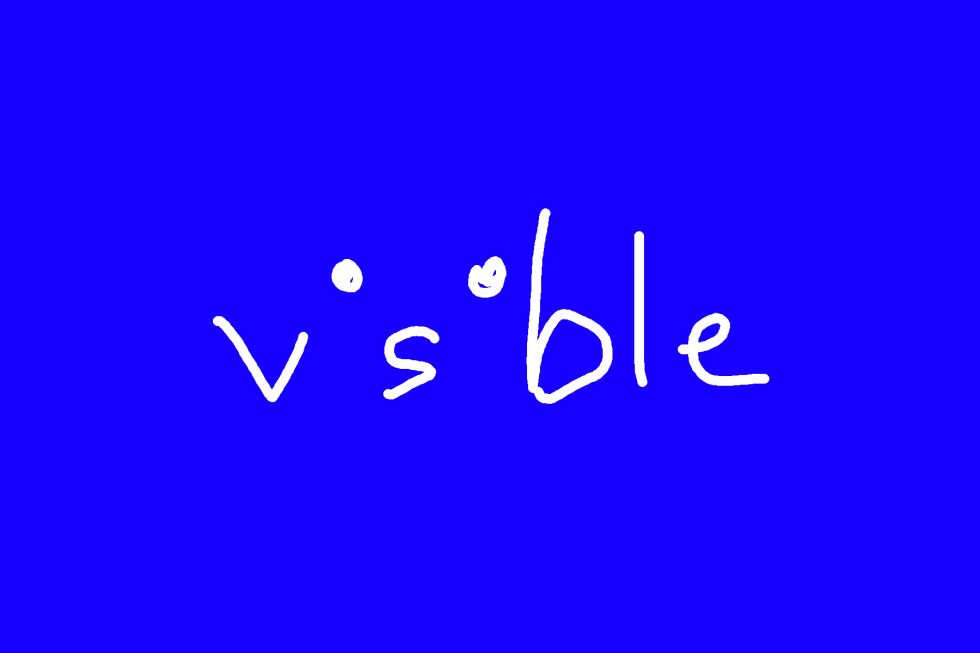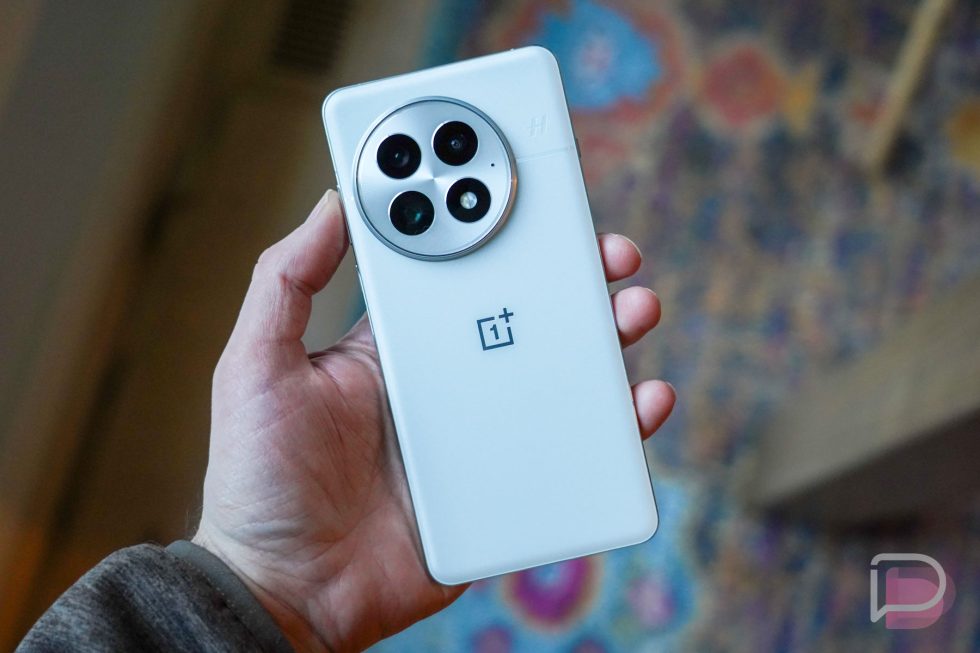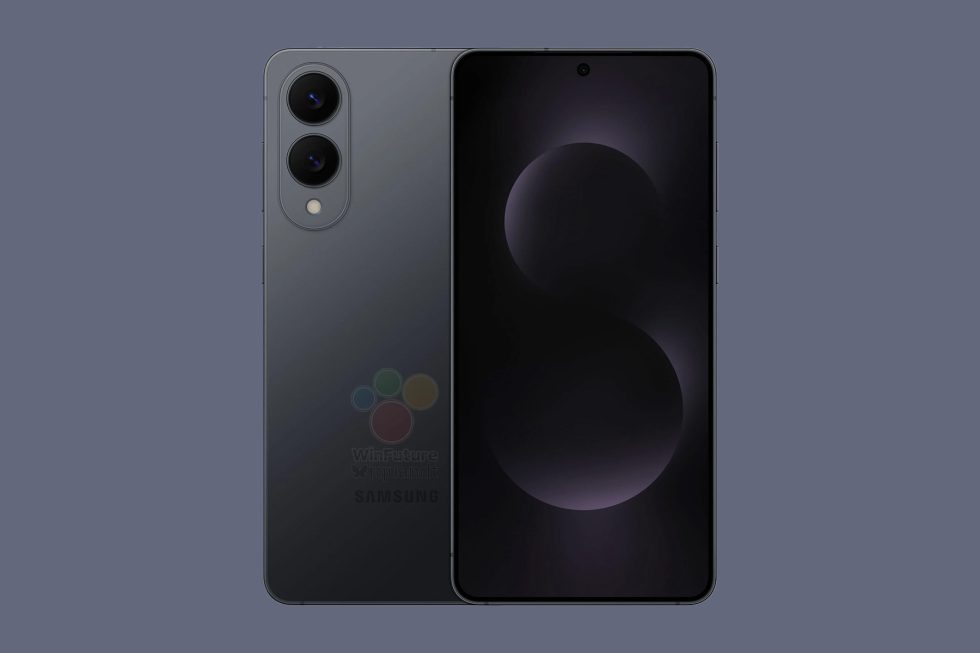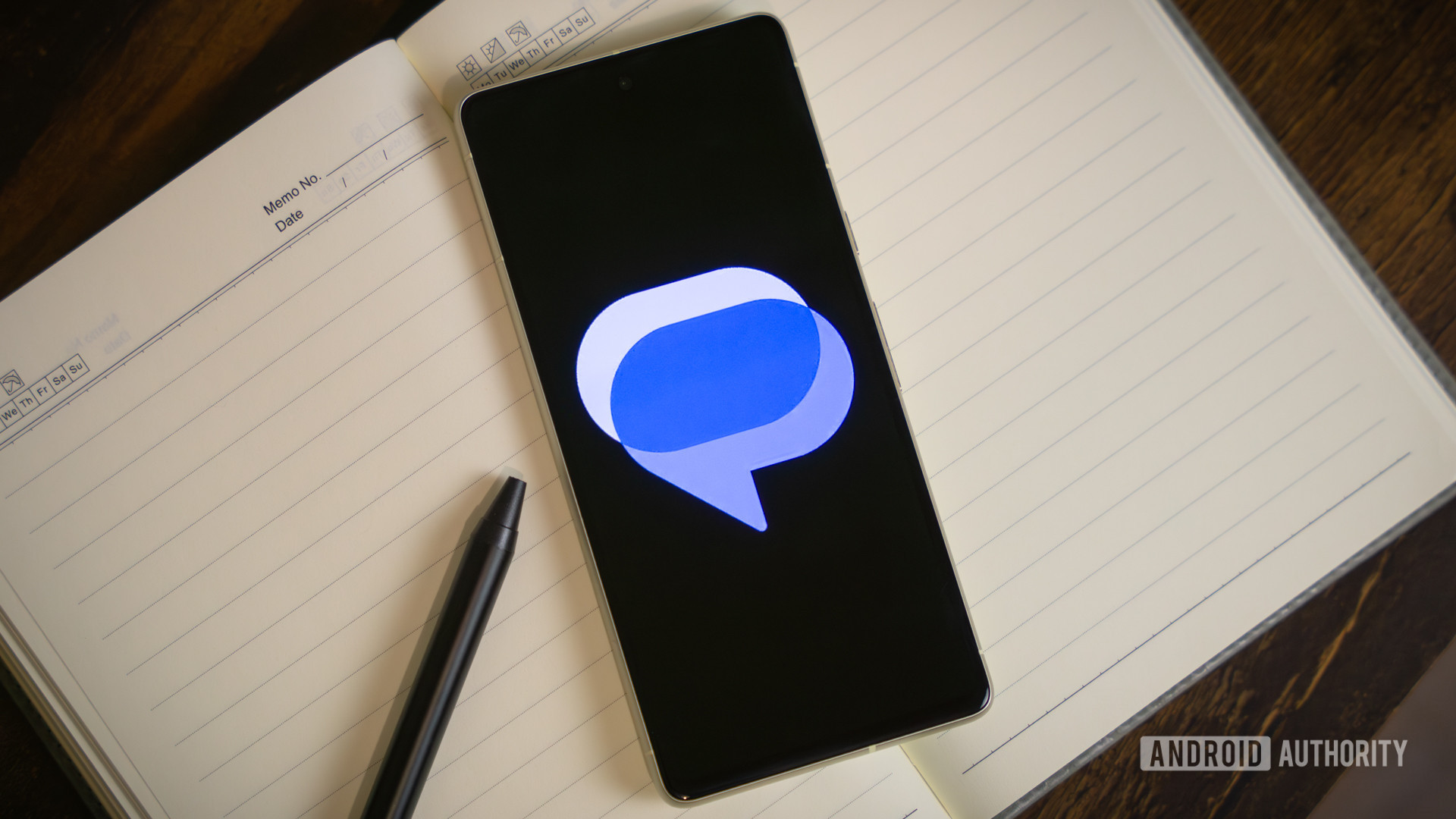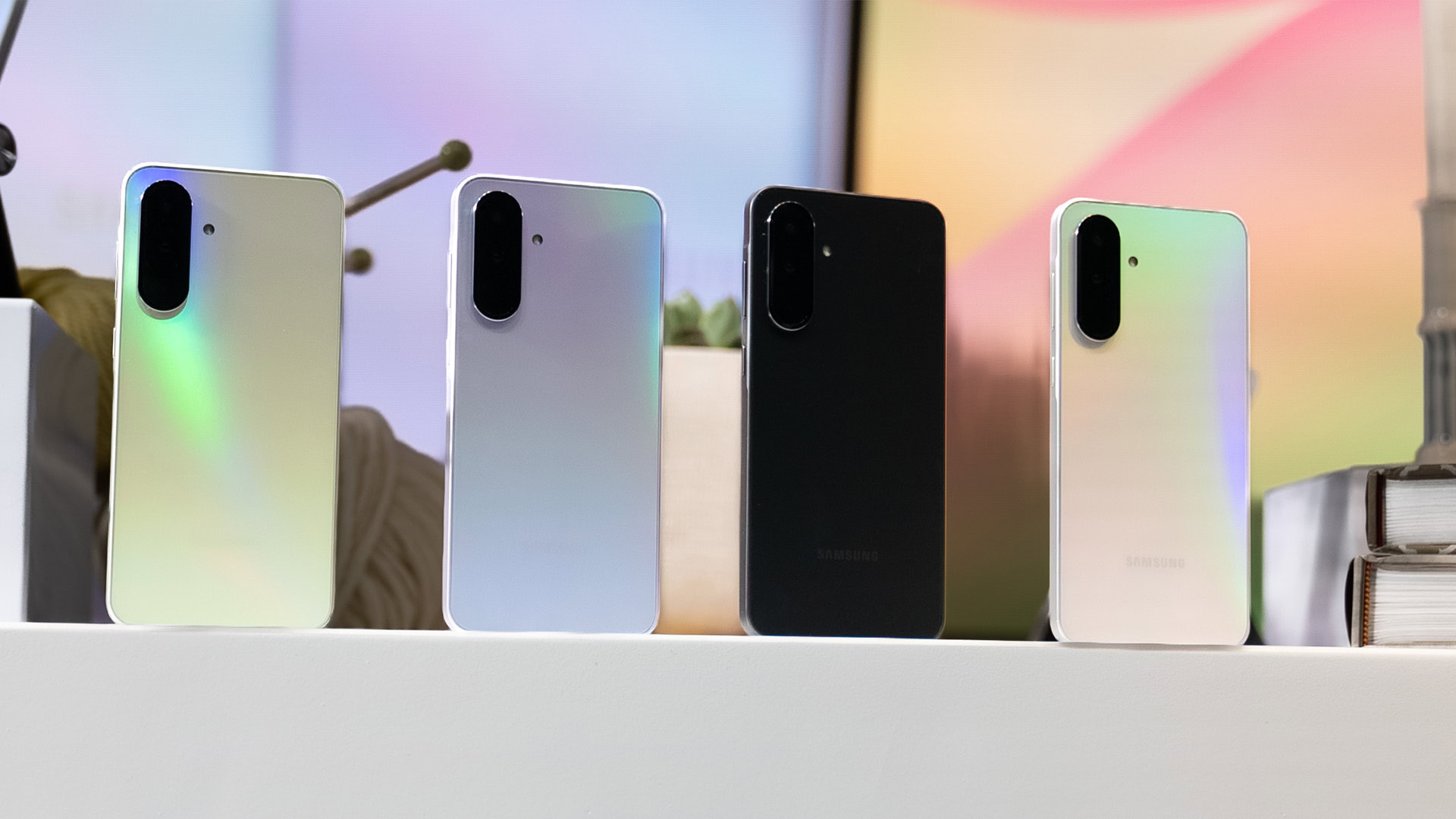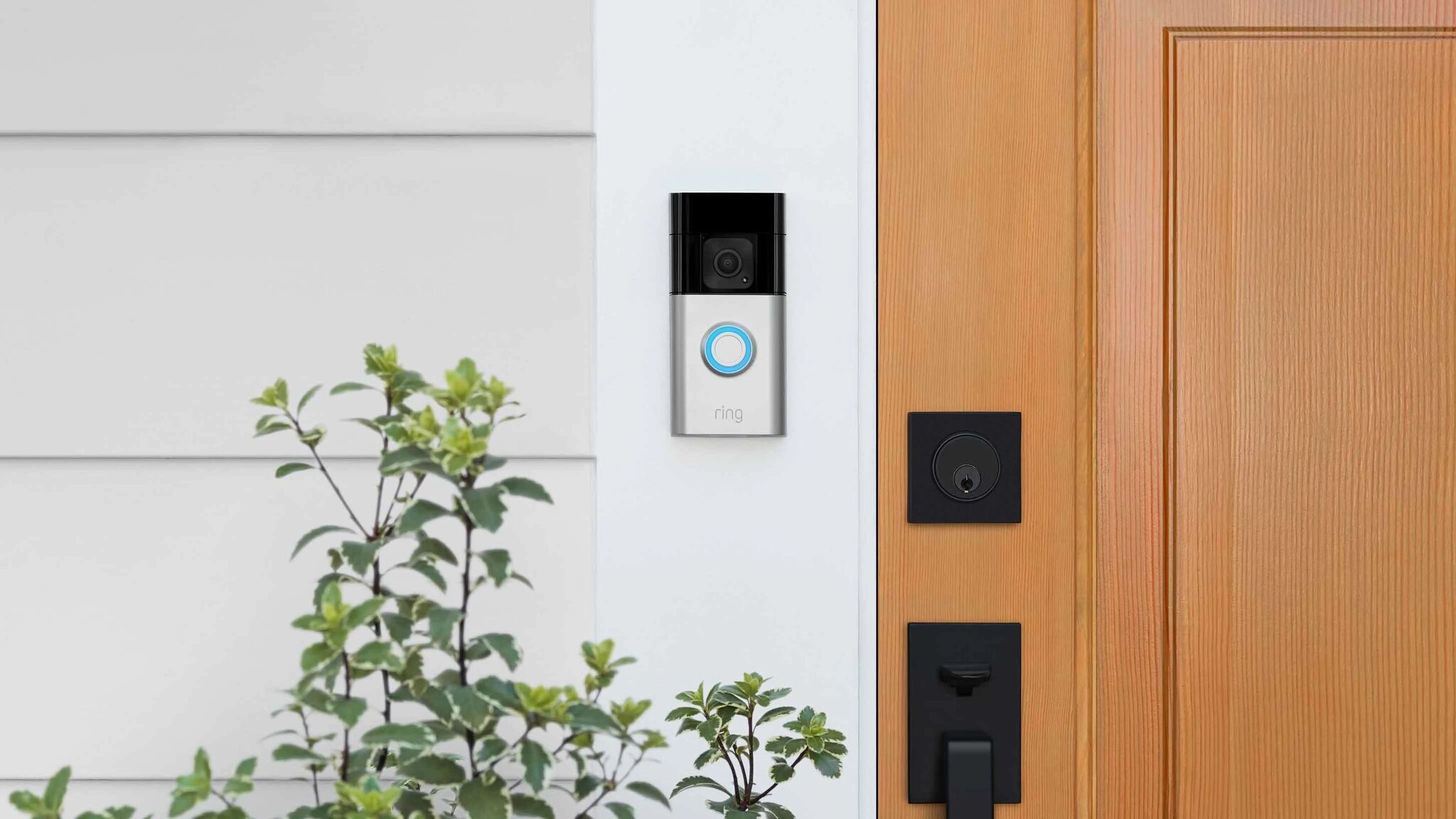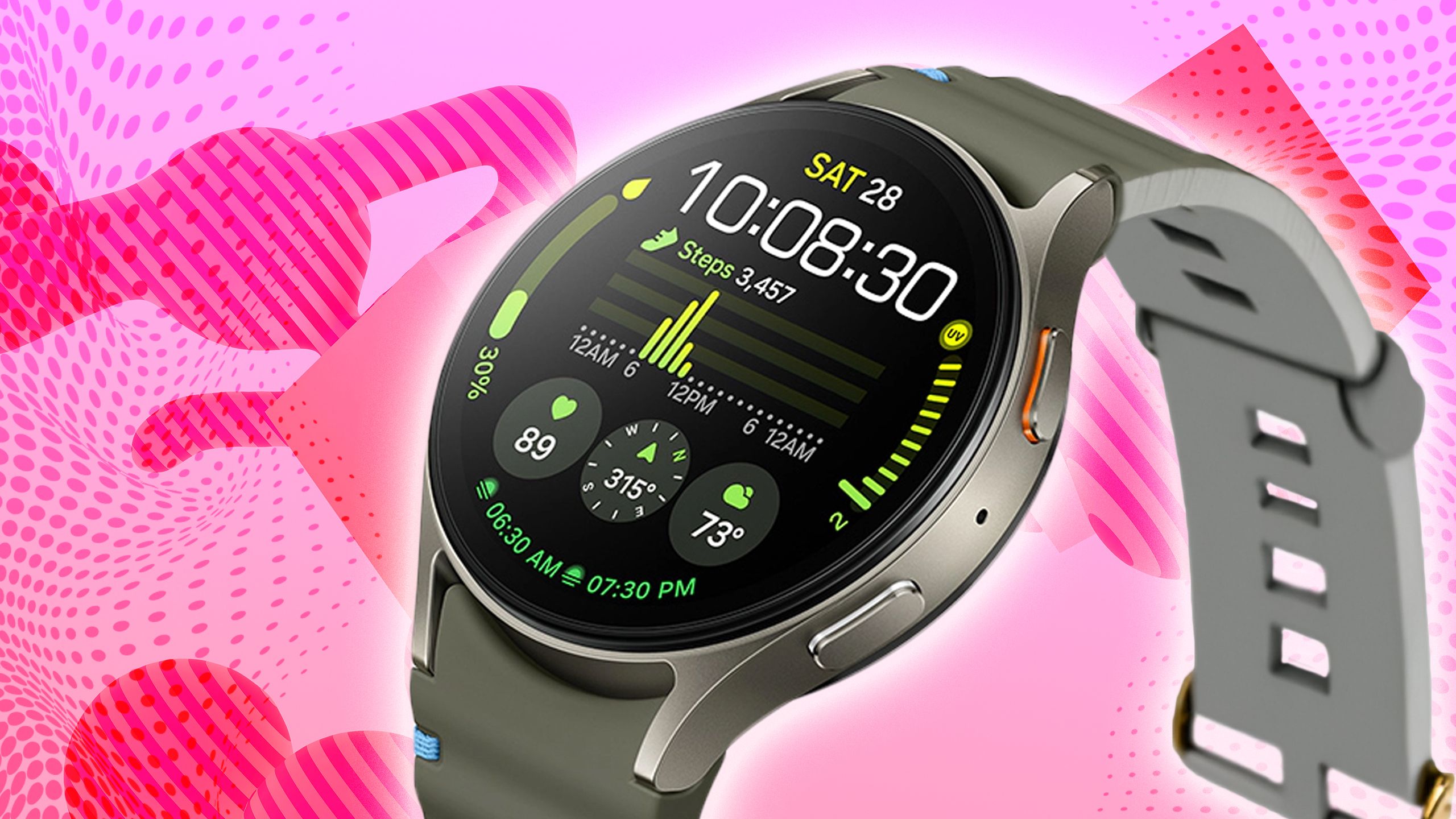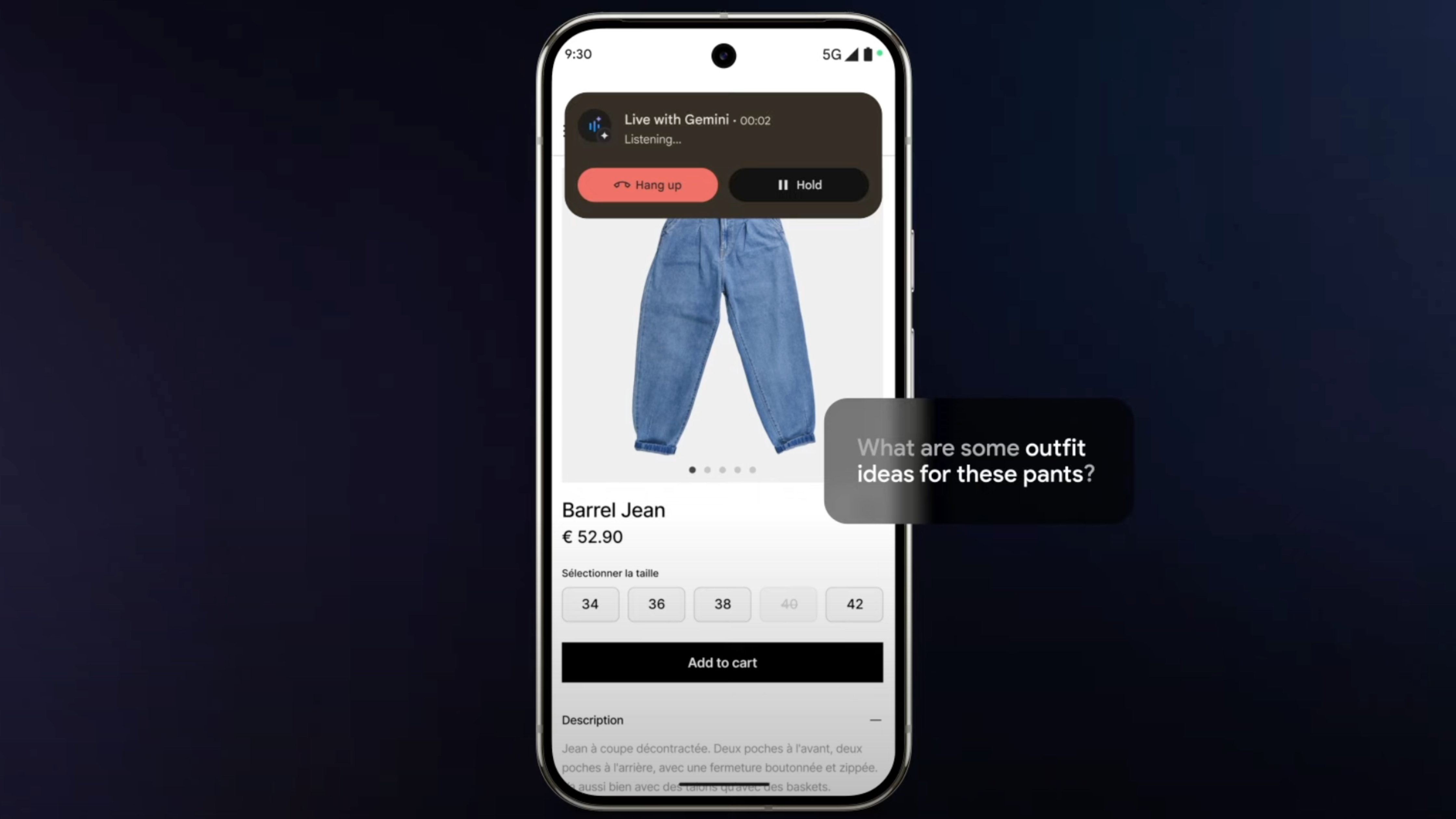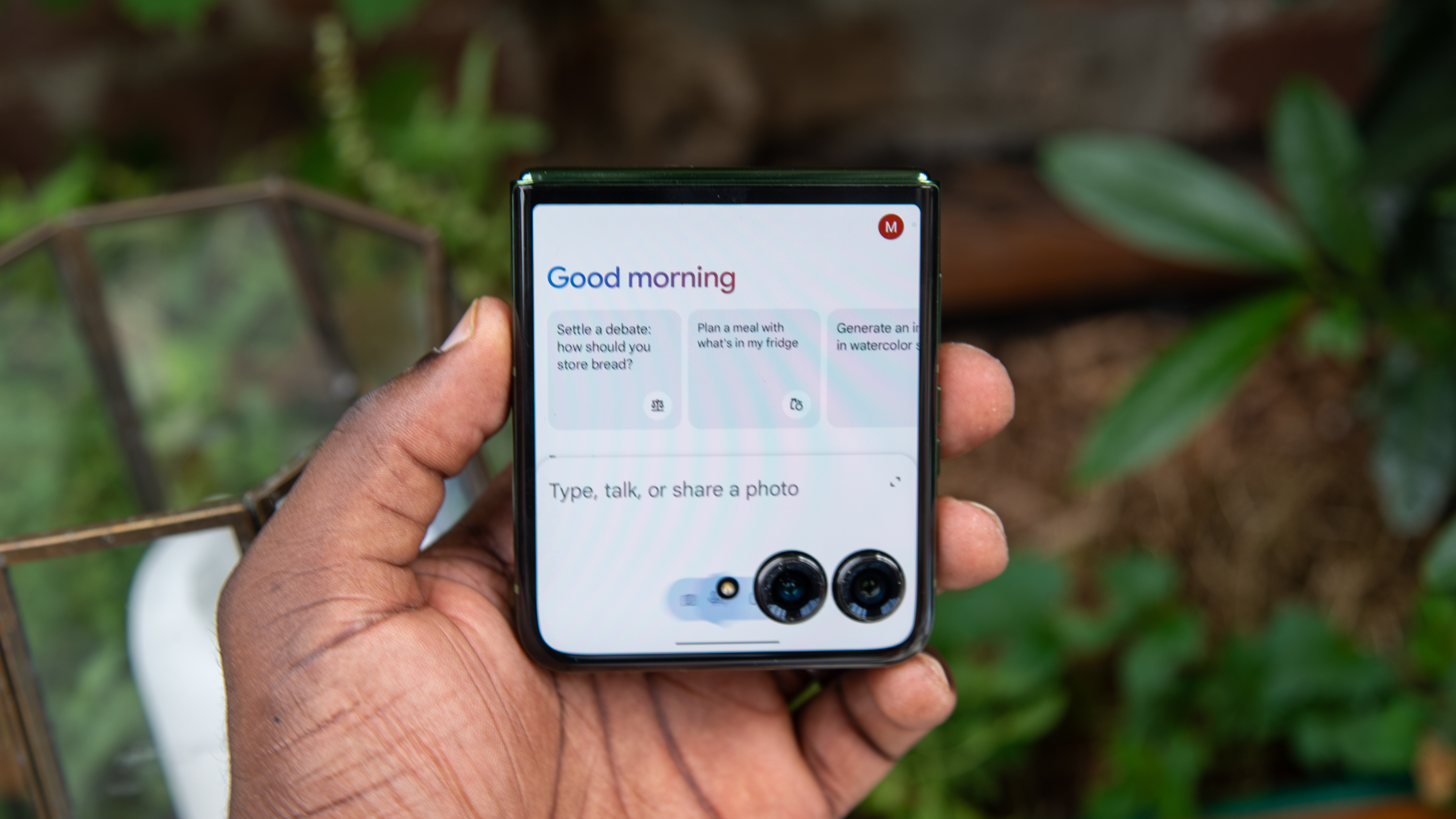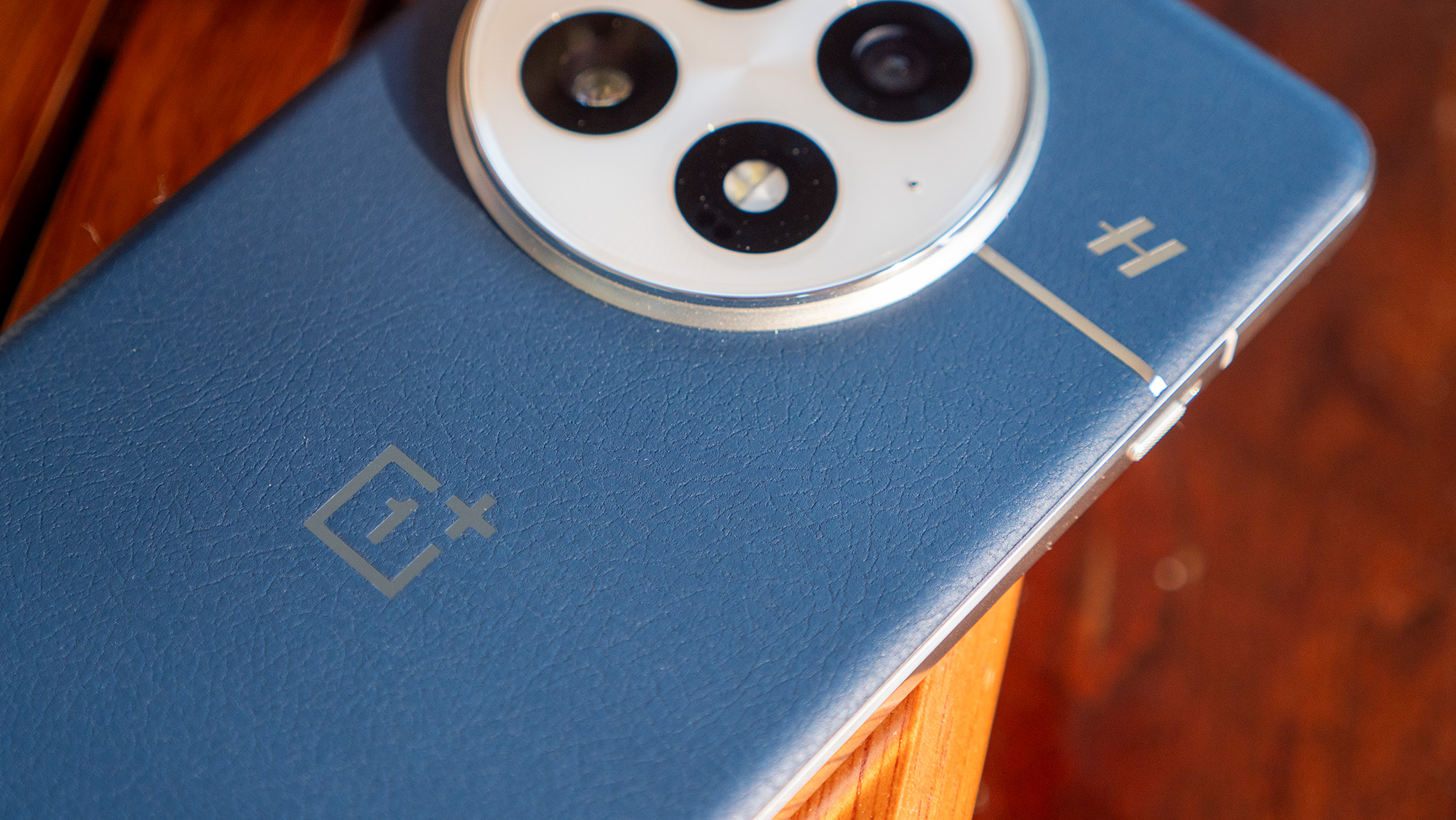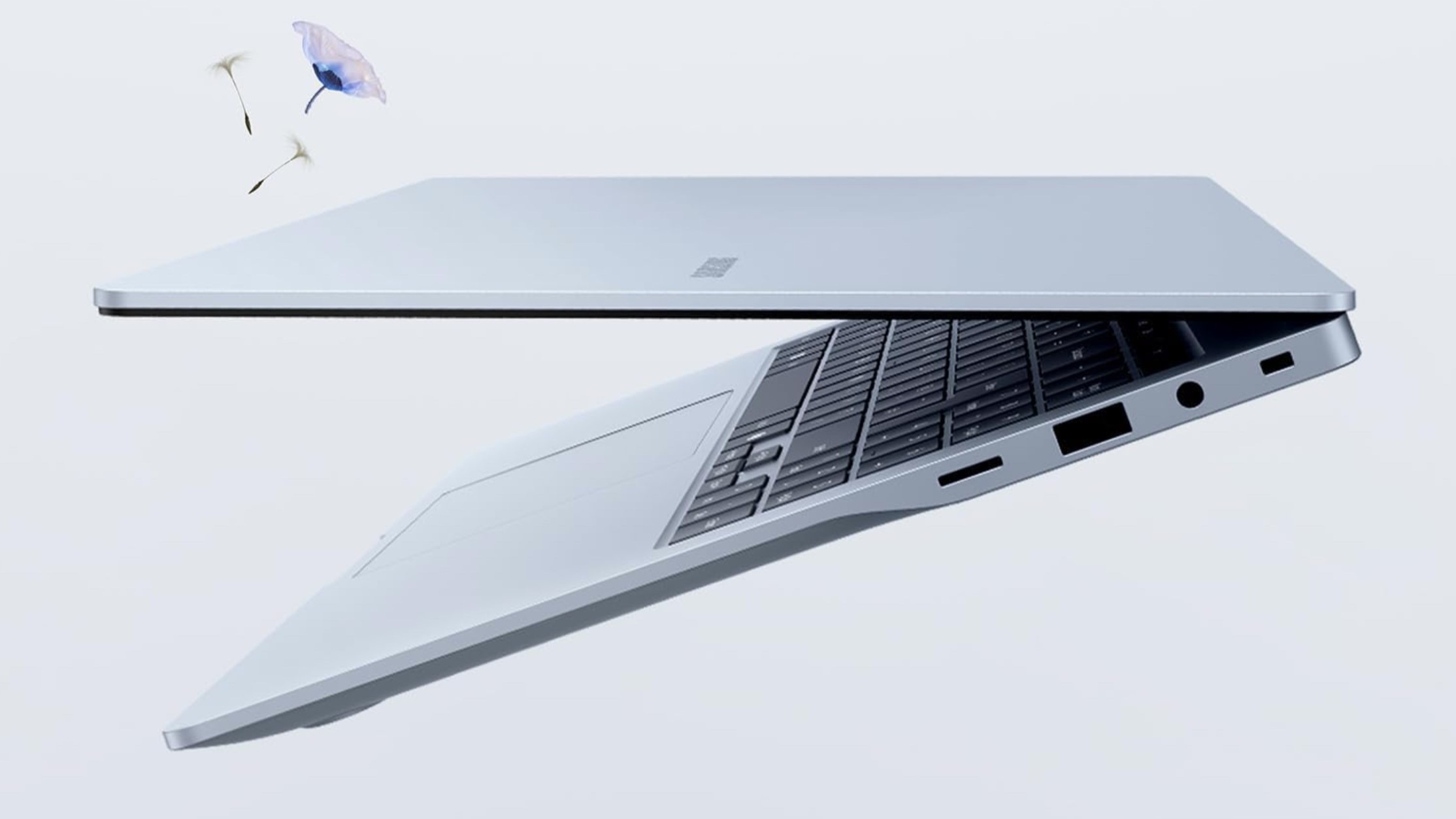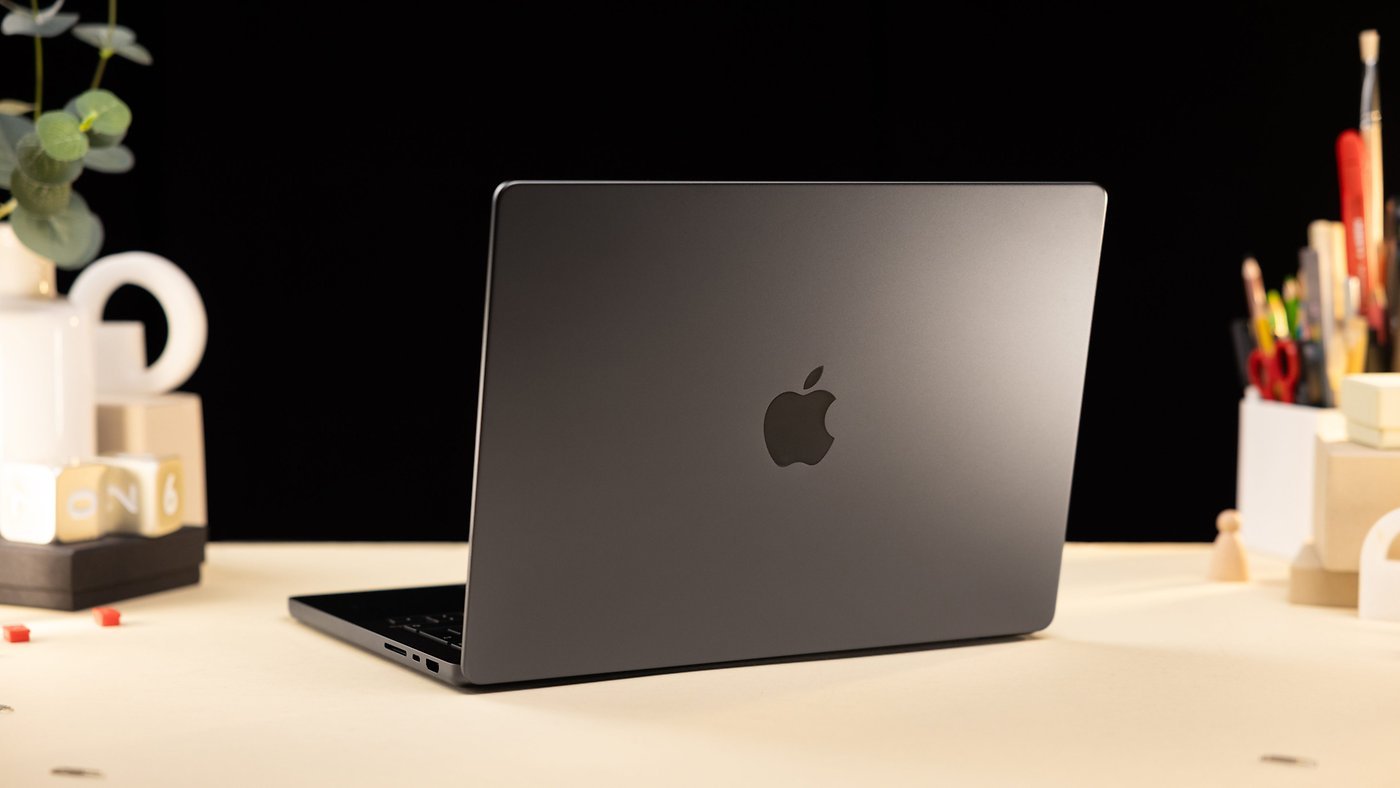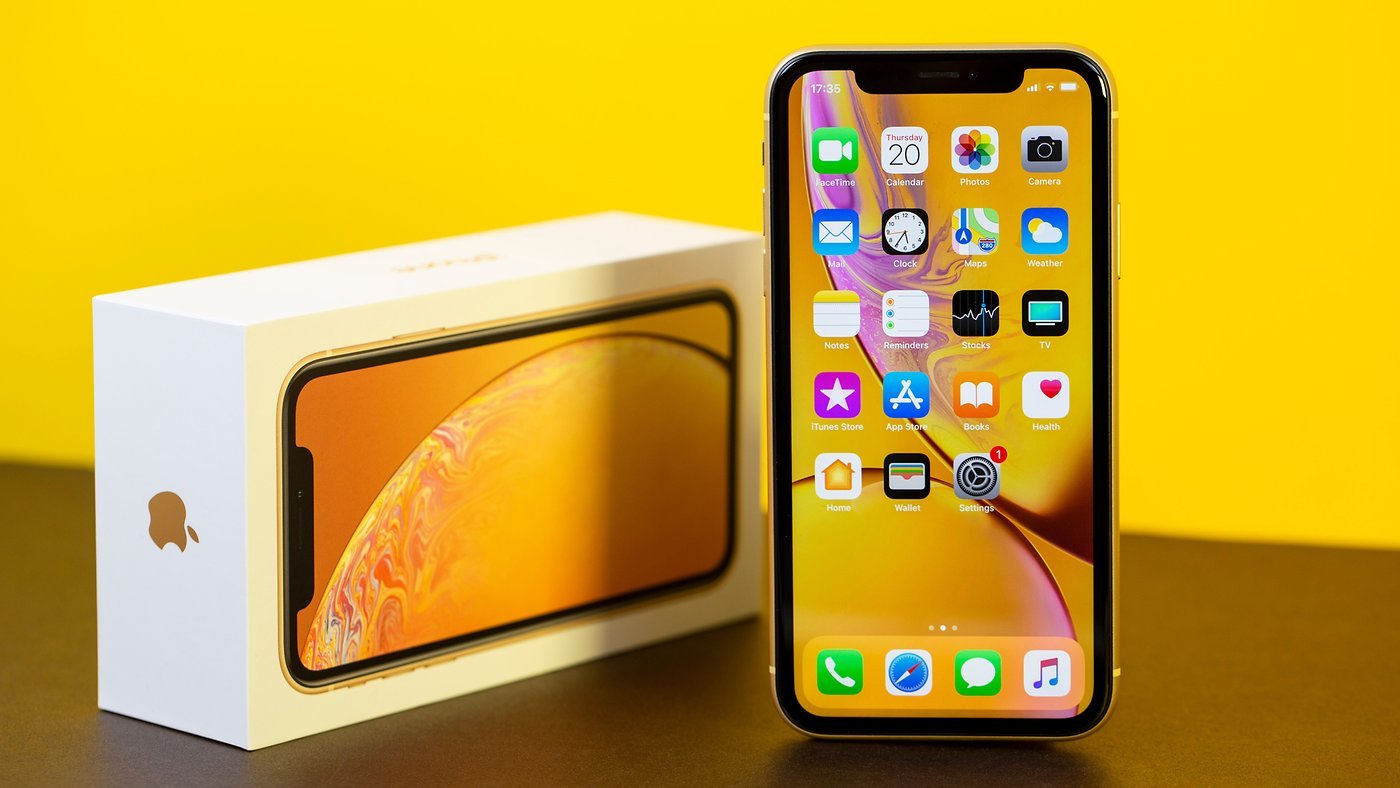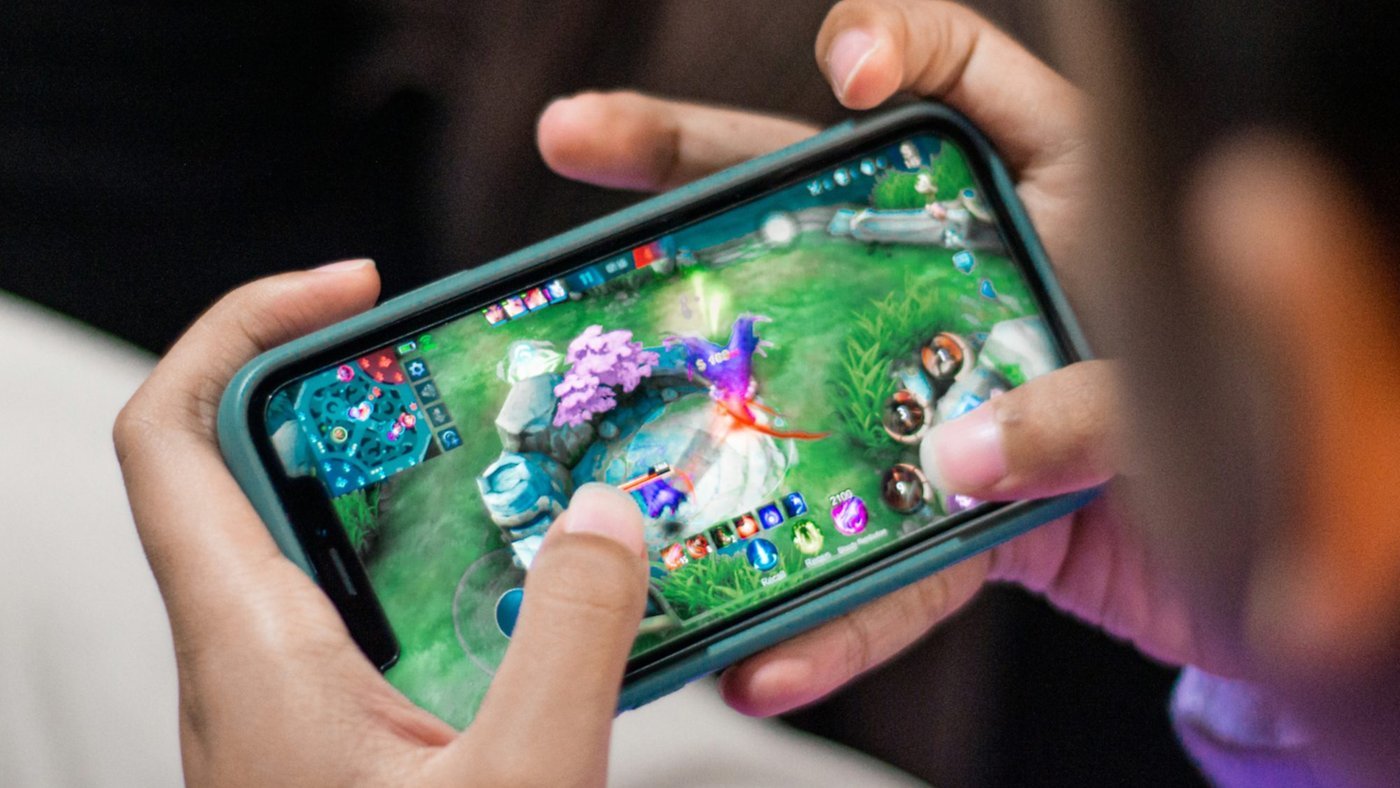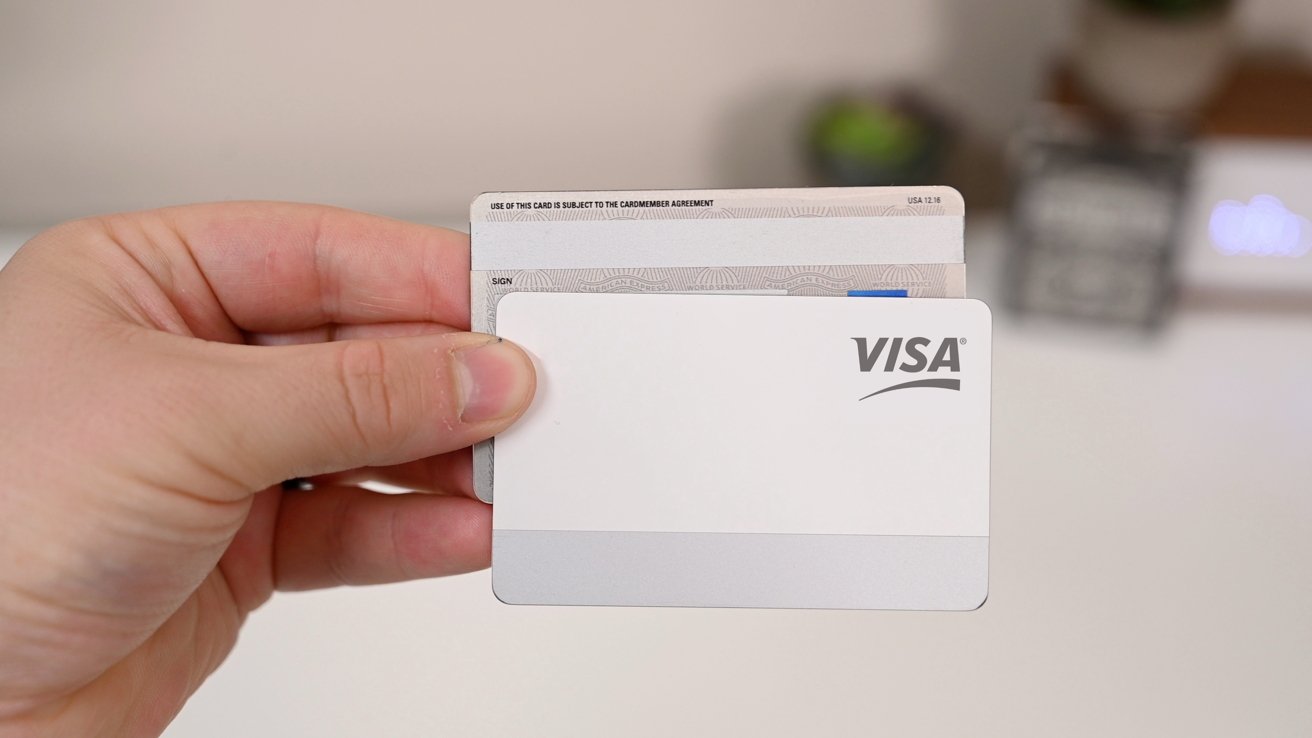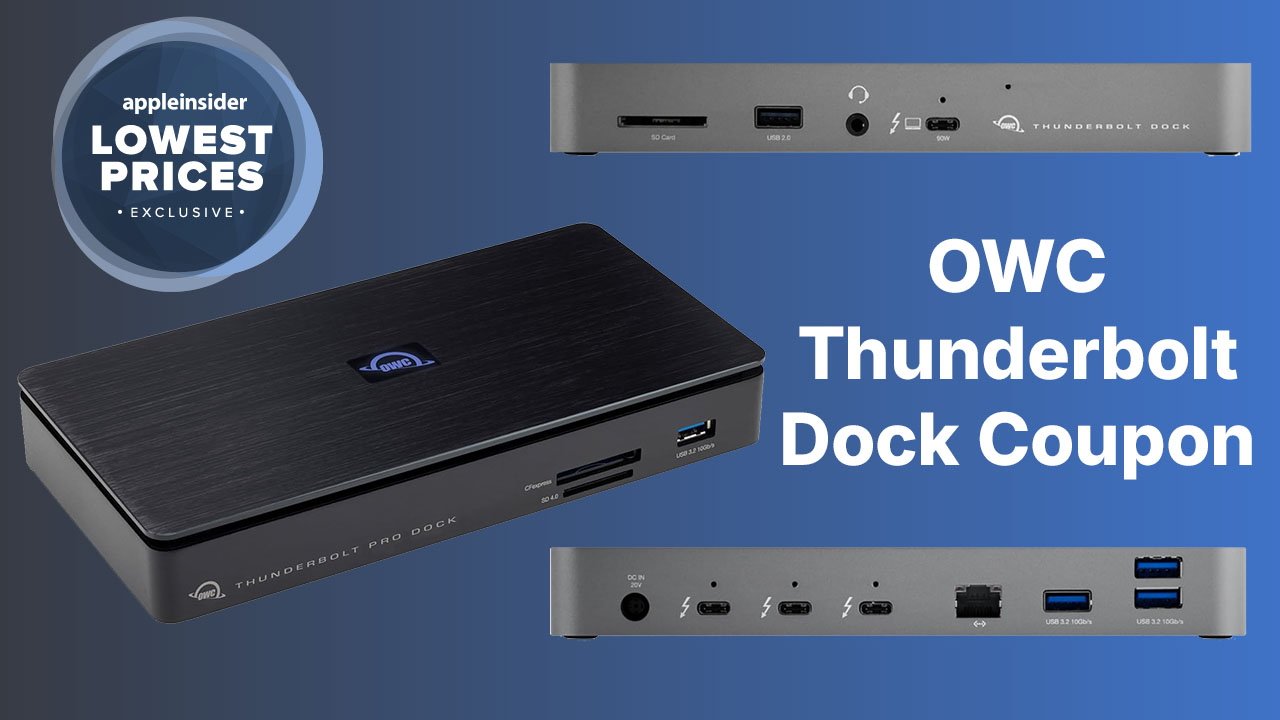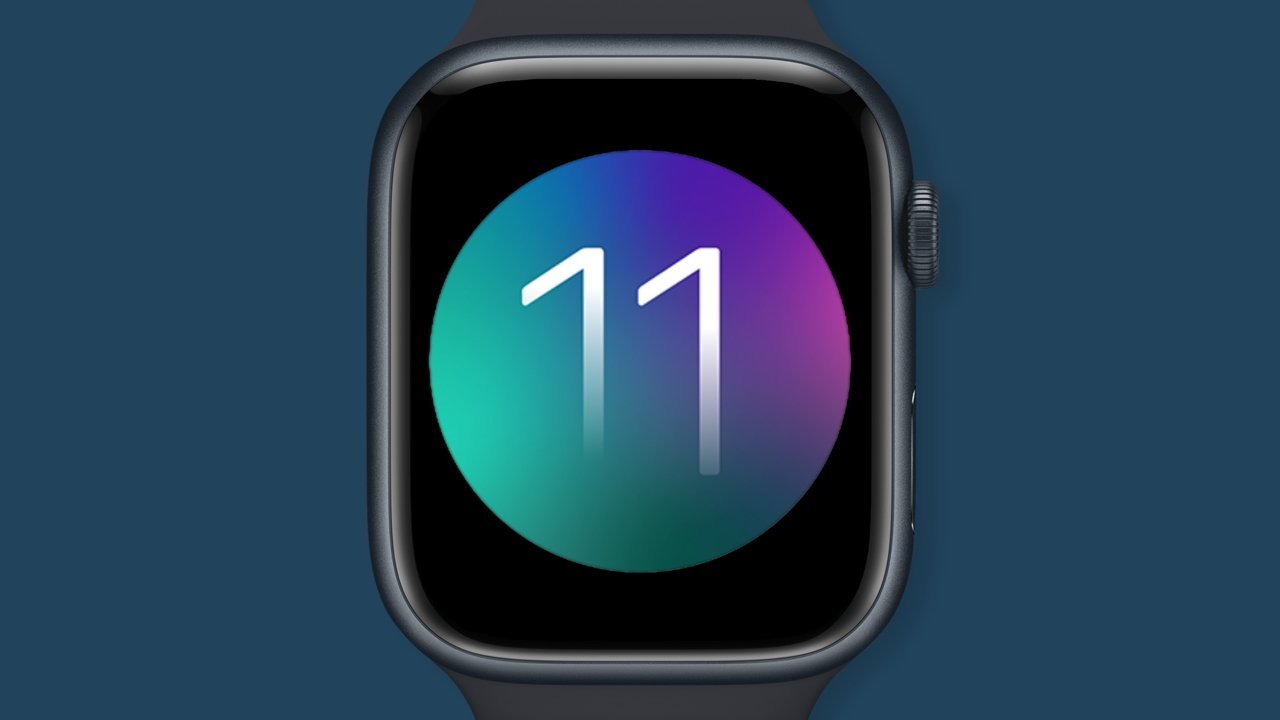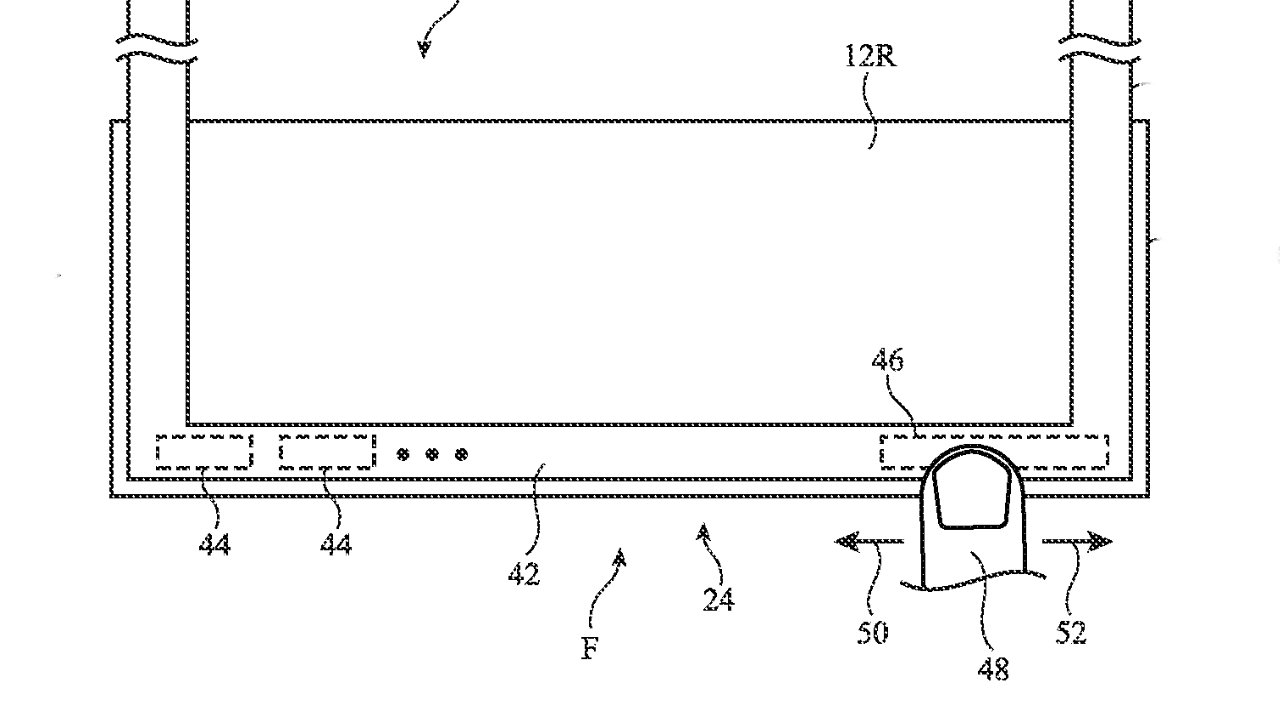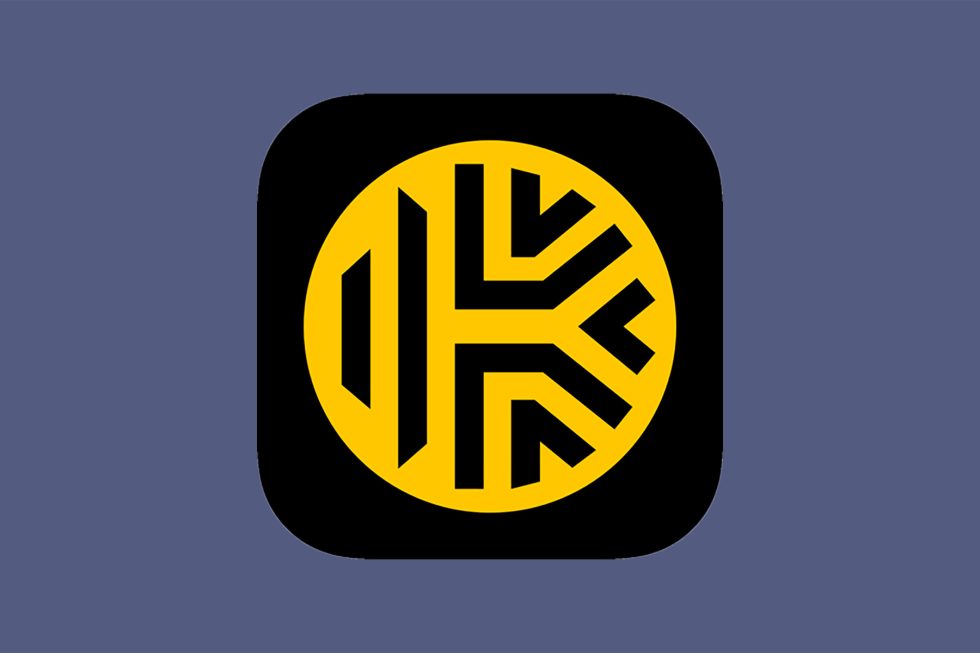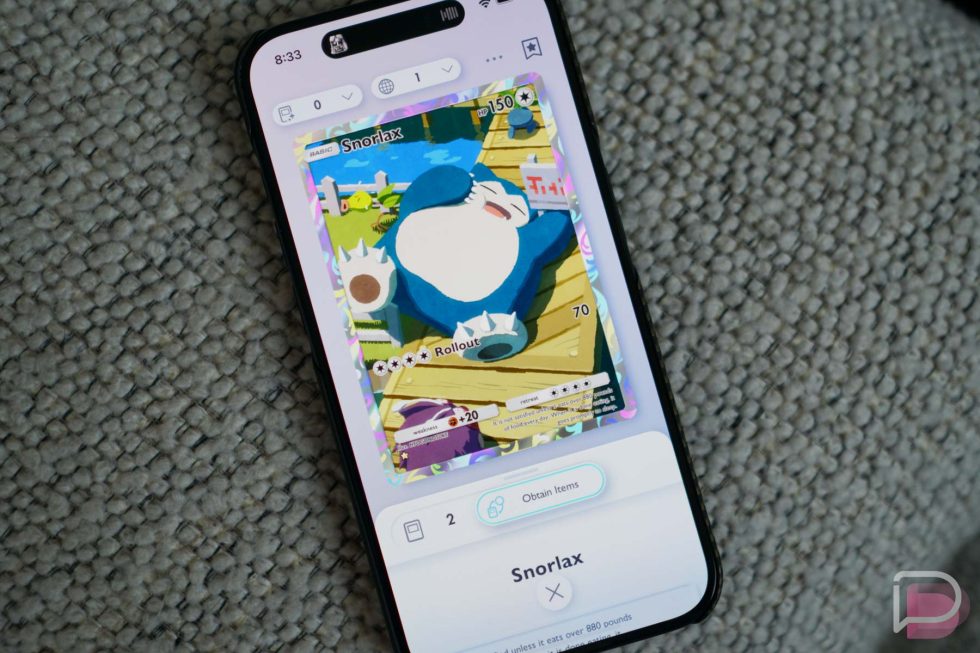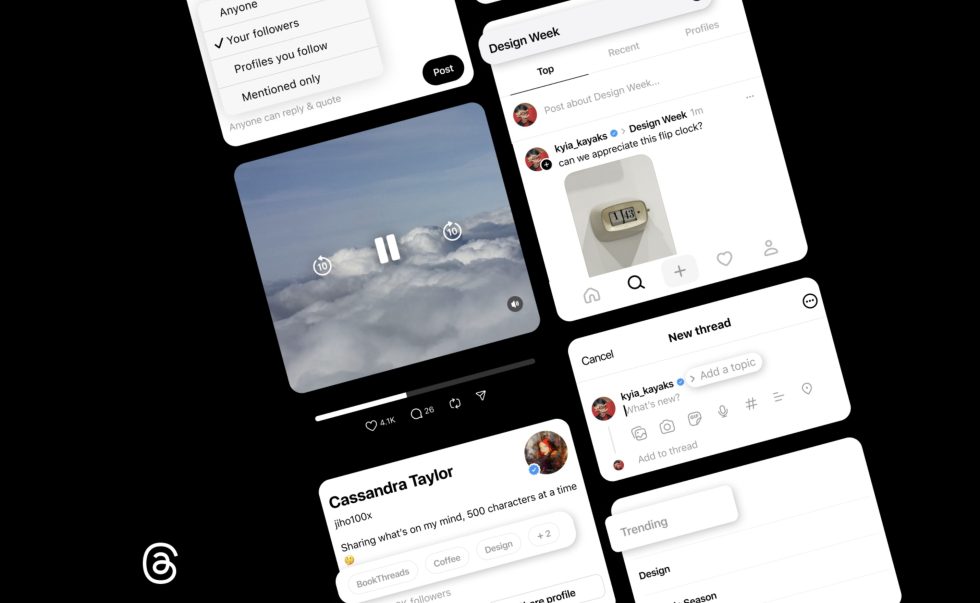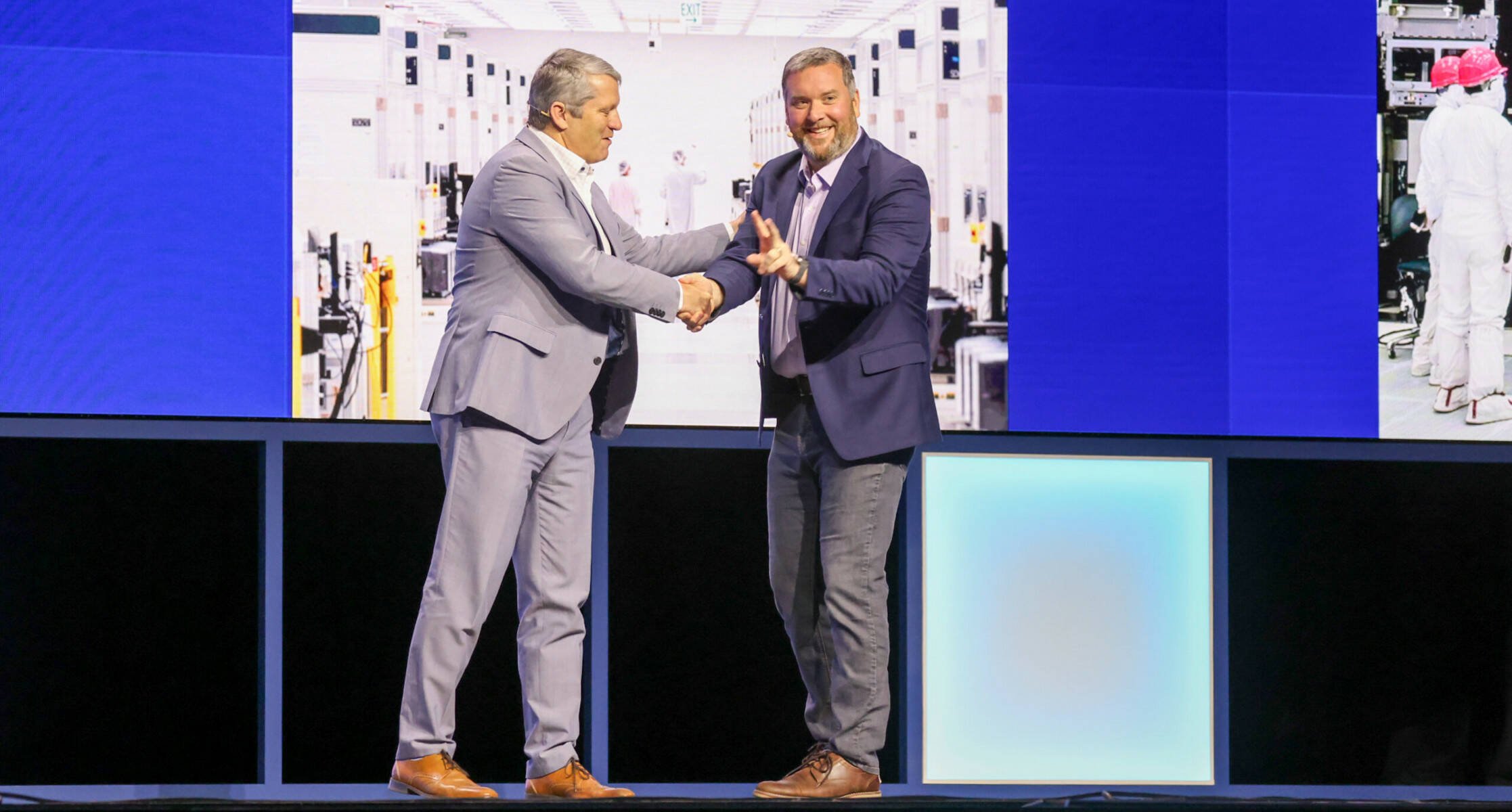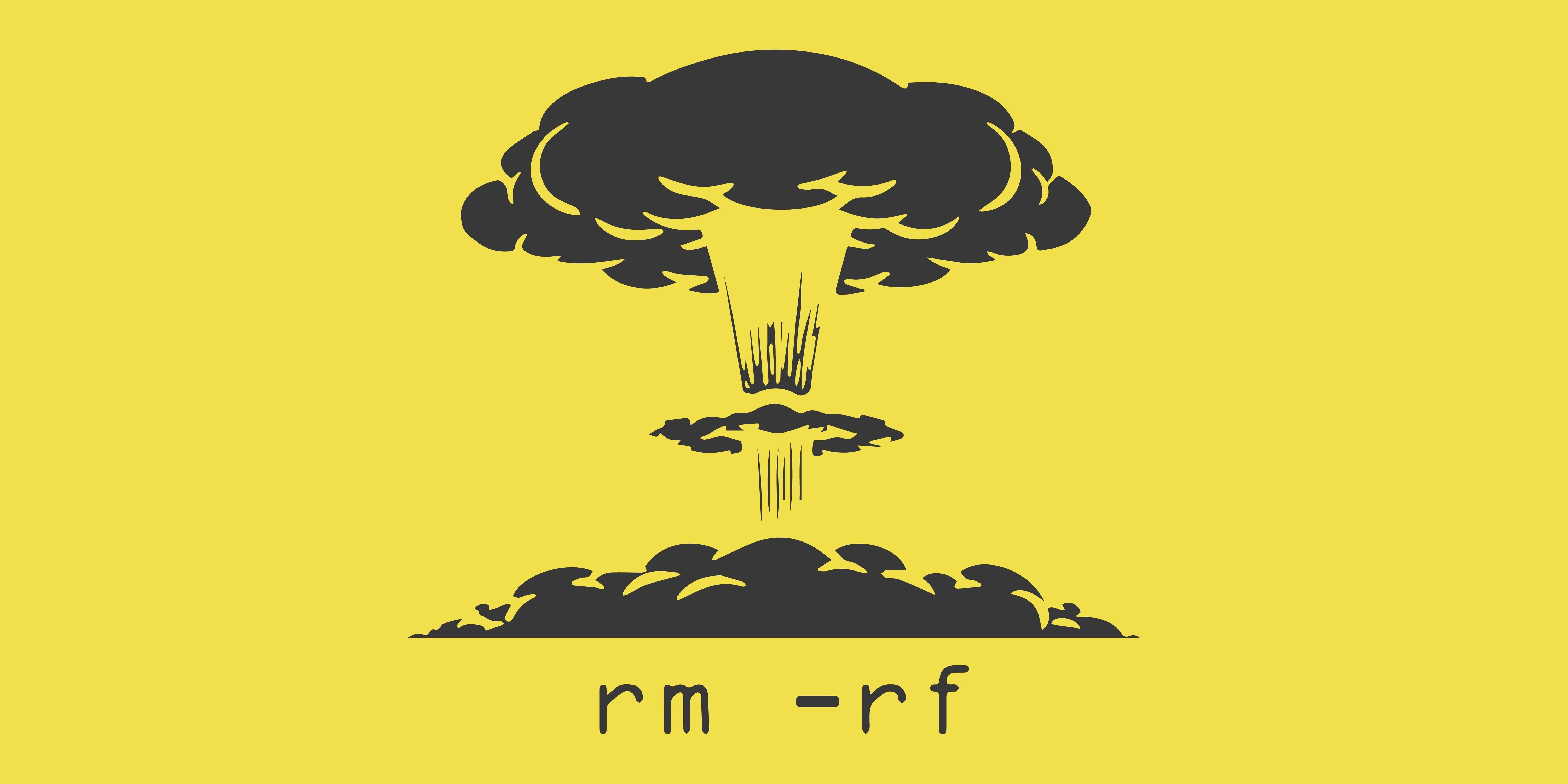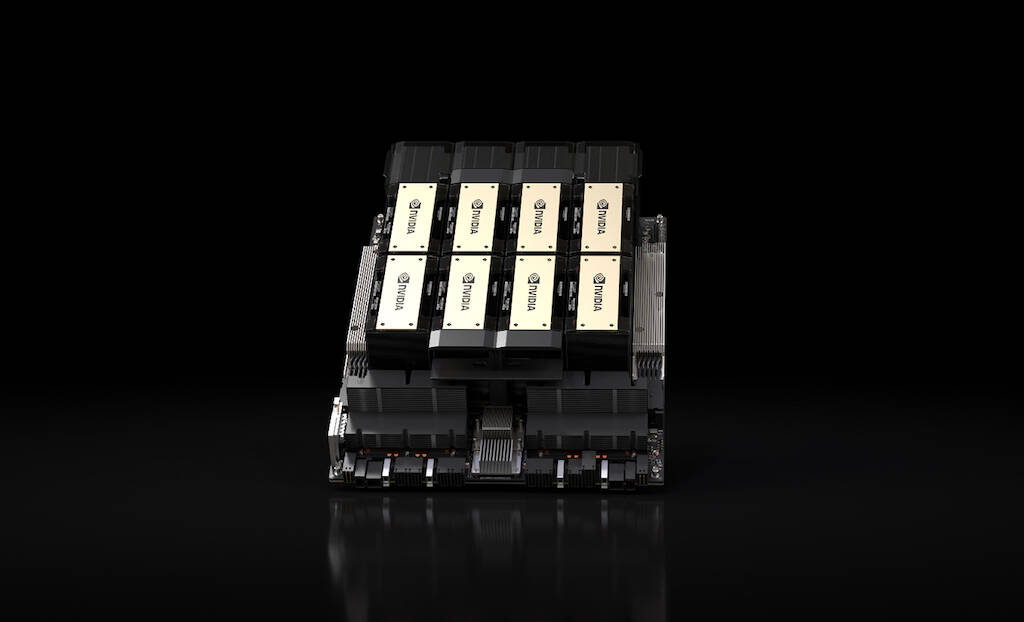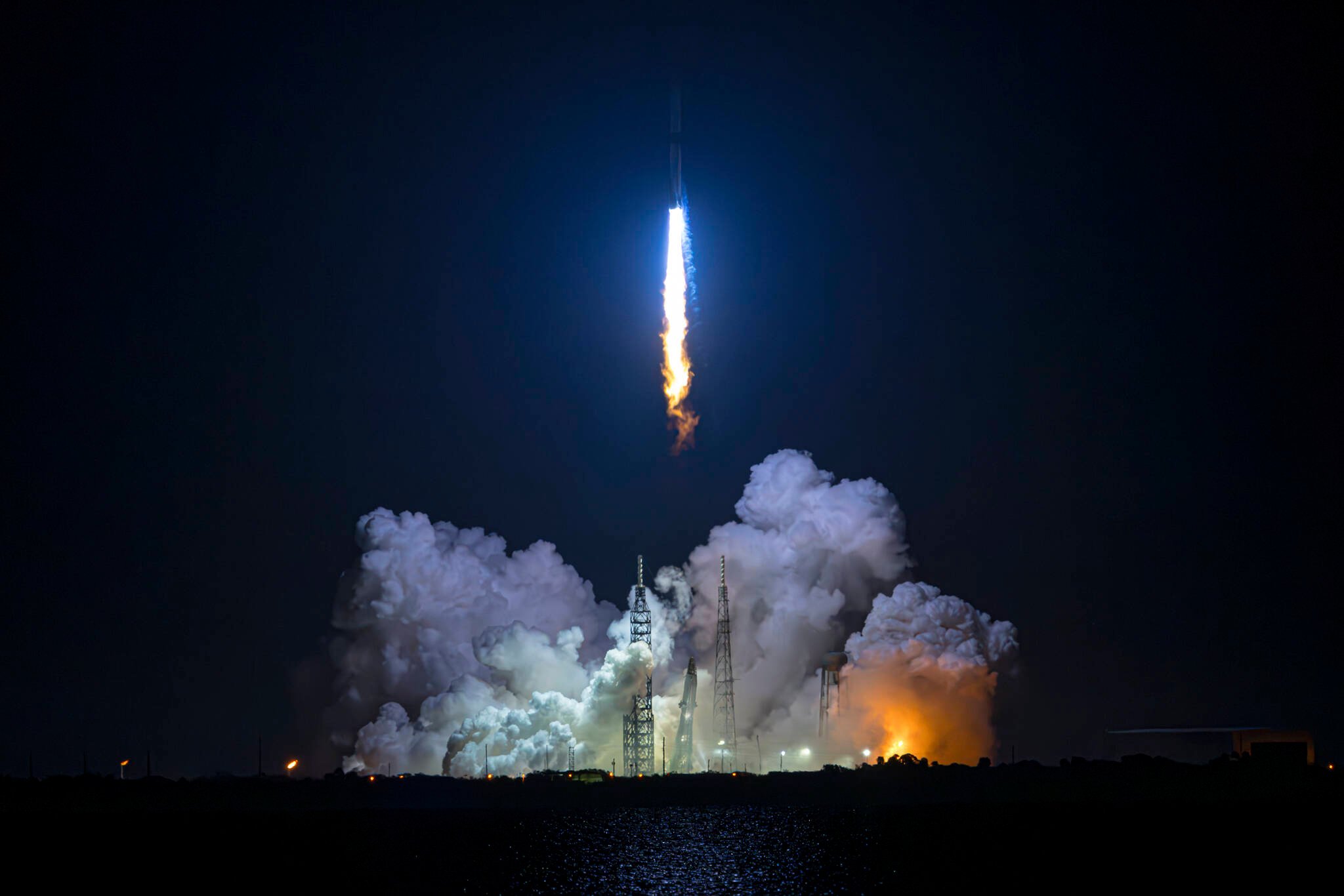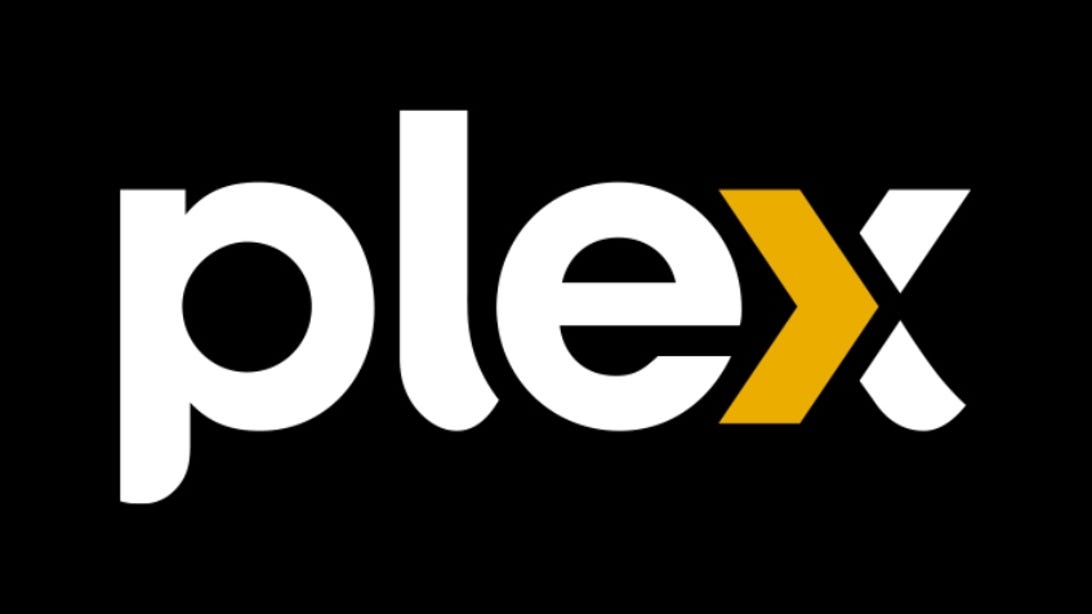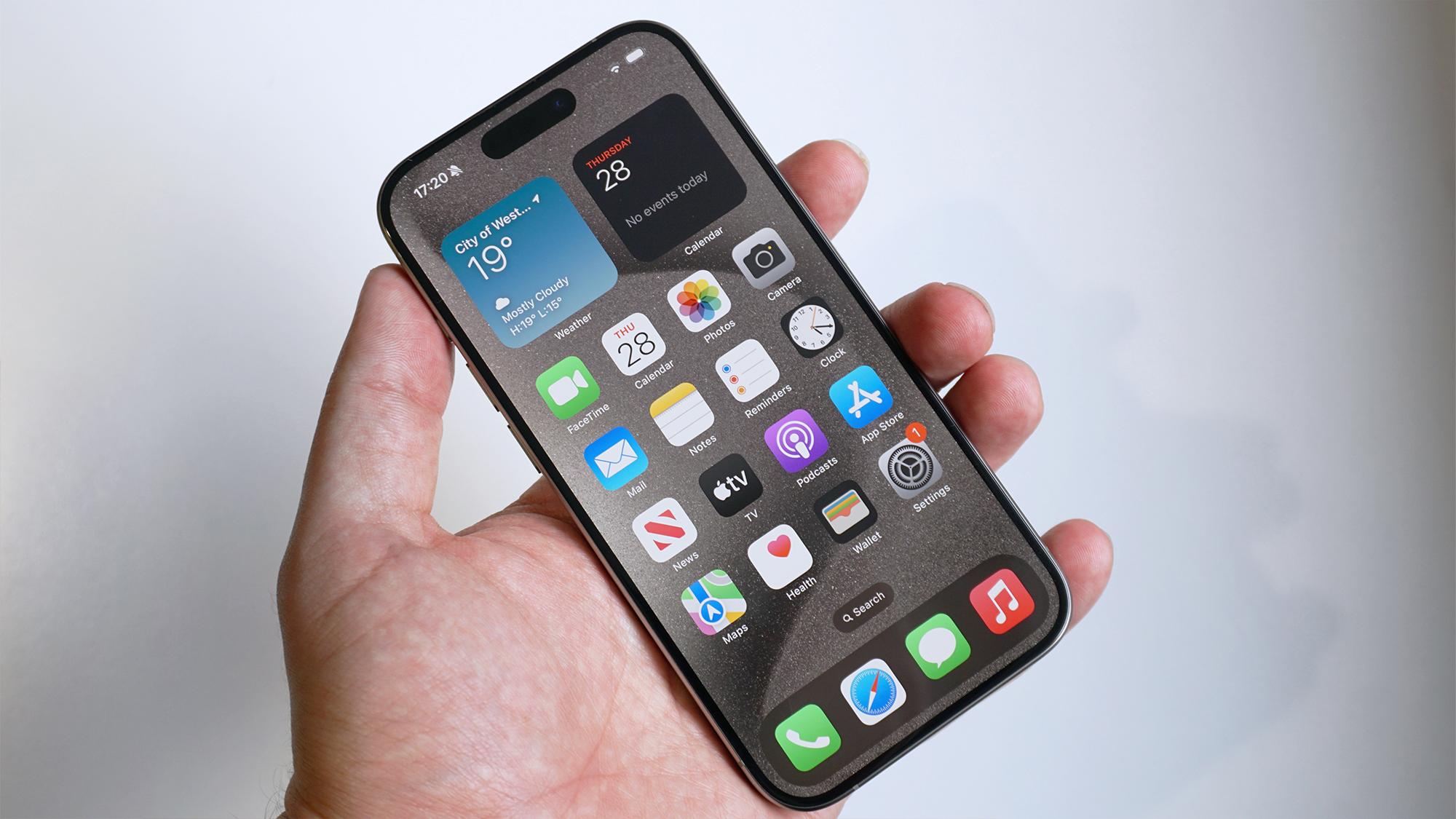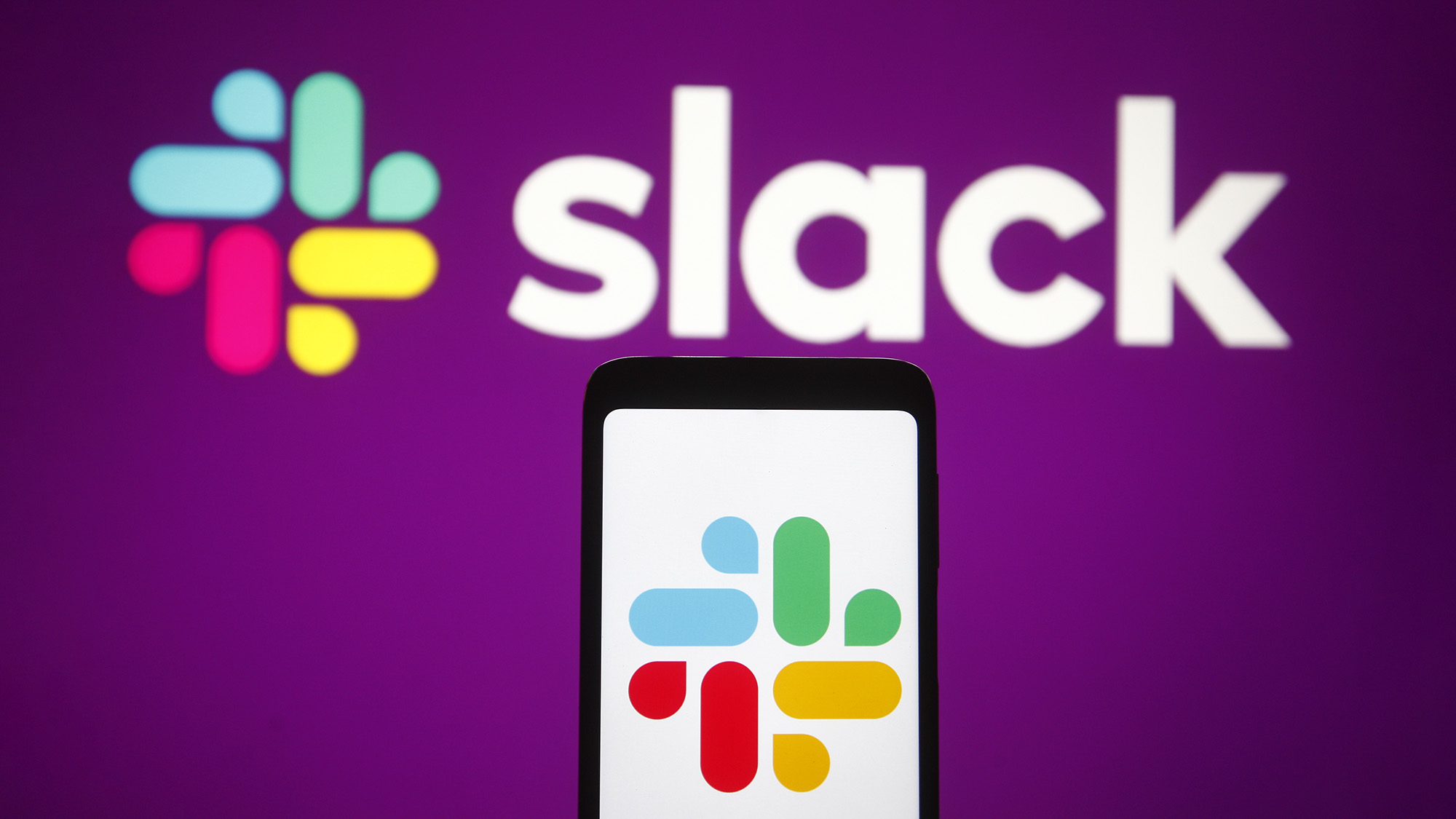I tried Samsung's pricey new AI vacuum, and I now know there's no need for an AI-powered vacuum to exist
The Samsung Bespoke AI Jet Ultra is designed to be able to tell the difference between a mat and a carpet... but why?
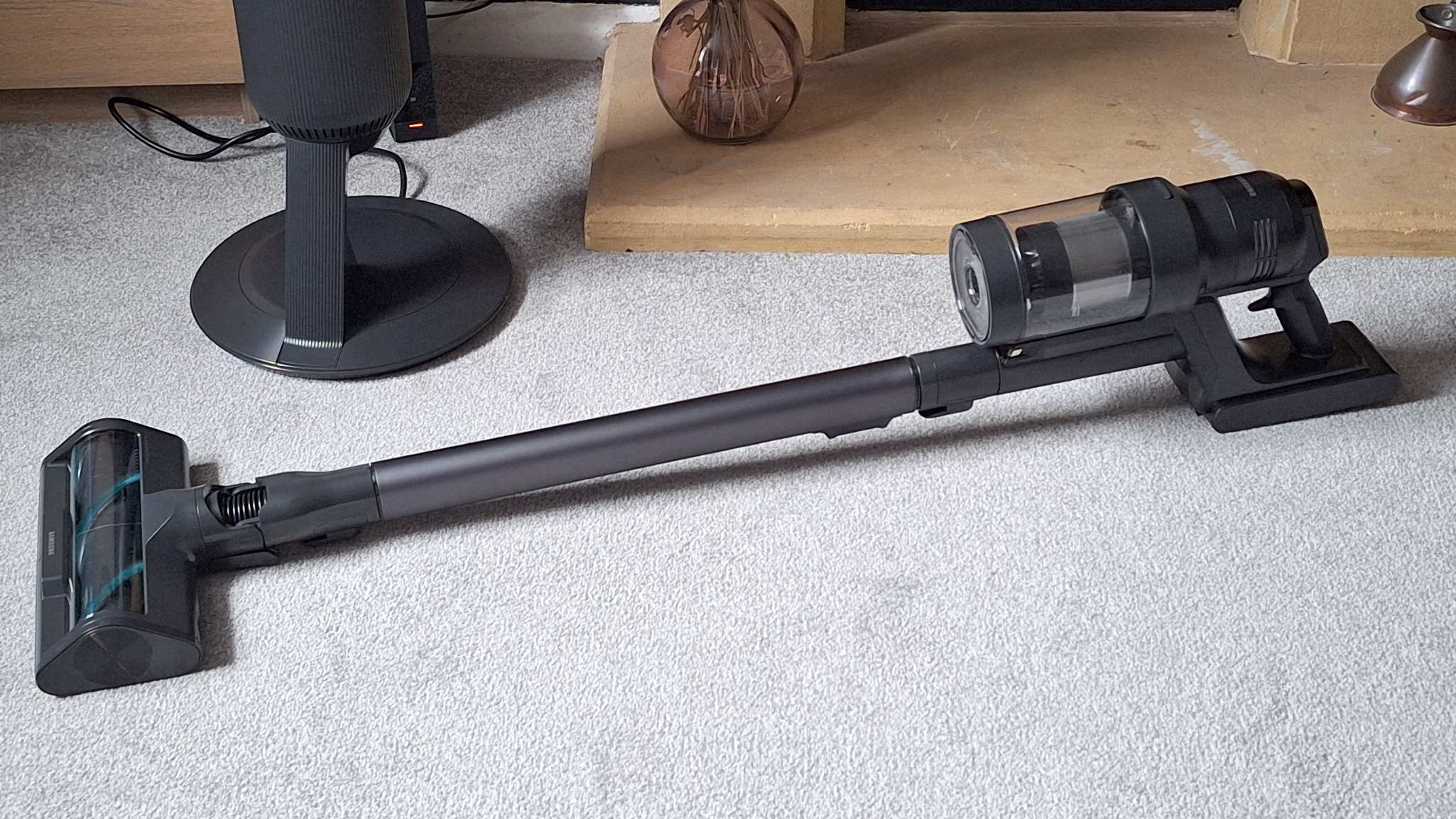
Samsung has launched a new vacuum that uses AI to identify the exact kind of floor it's on, and it has convinced me – if there could be any doubt – that not every appliance or gadget needs AI.
The Samsung Bespoke AI Jet Ultra is designed to be able to sense its exact environment, so it can determine whether it's on a hard floor, a regular carpet, a deep pile carpet, or a rug. It can also sense when it's close to the corner of a room, and if it's been lifted up. It uses all this information to adjust its suction and brushroll speed for the most efficient clean.
It's more complicated than simply increasing suction on thicker floor types. The adjustments are designed to deliver the equivalent of medium power mode, while ensuring the vacuum is still easy to push forwards – super suction is one thing, but it's no good if it's so strong that you can't move the floorhead. The idea is that it puts the rest of the best vacuums on the market to shame by delivering the smartest, most battery-efficient, effective clean possible.
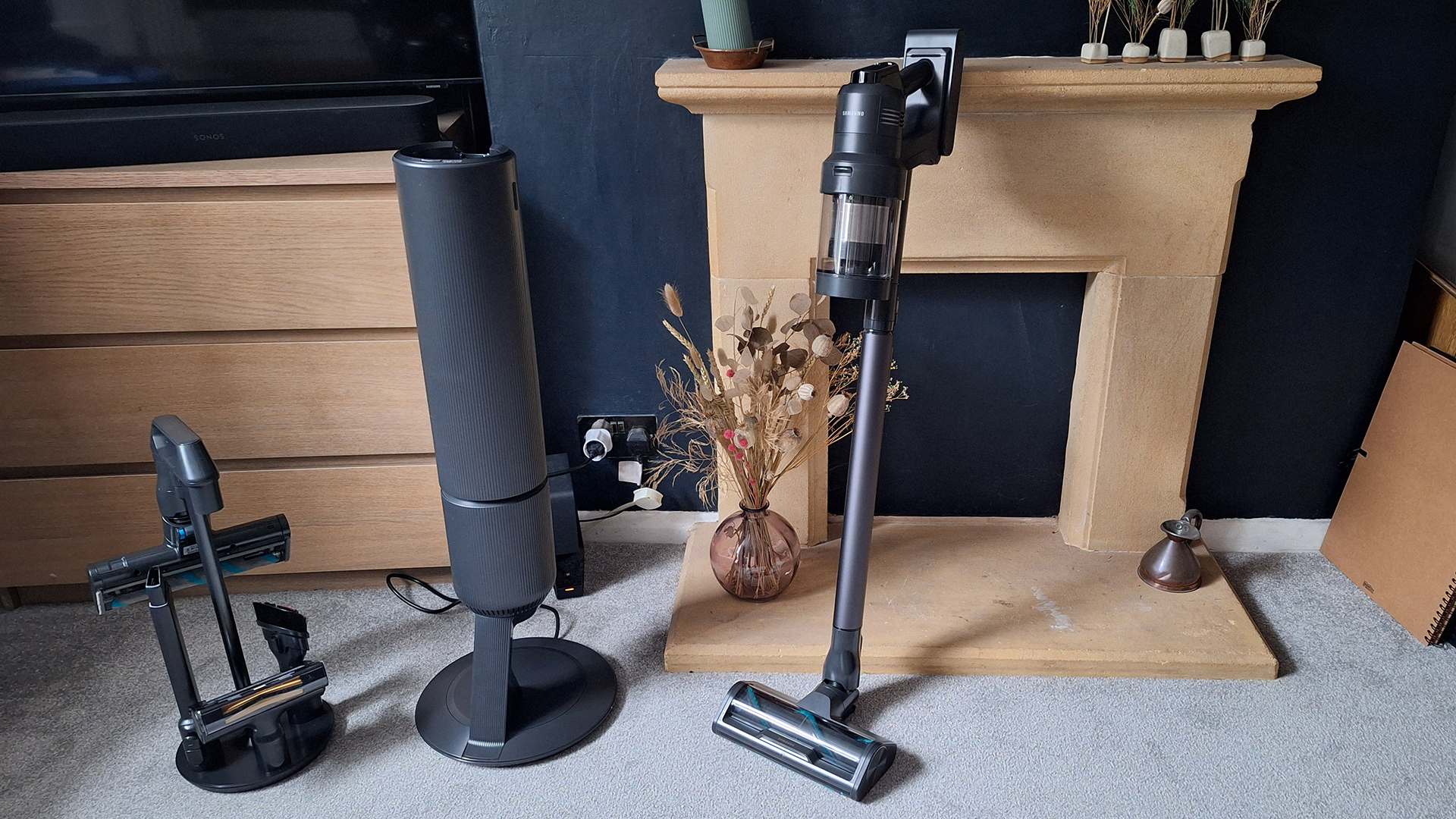
In theory, it makes sense. Deep-pile carpet requires greater suction to lift away dirt than hard flooring, where the dust and debris will just be resting on top. However, I'm not convinced that it's much more granular than that, or that a vacuum changing its suction when moving from a carpet to a thicker carpet will lead to a noticeable improvement in cleaning efficiency.
That's assuming it all works as it's meant to – and, based on my tests at least, it doesn't. You can get the full low-down by reading my Samsung Bespoke AI Jet Ultra review, but the short version is that such adjustments were hit-and-miss.
While I could hear suction changing when moving from my lino-floored kitchen to my carpeted lounge, I couldn't hear a change when moving from my carpeted floor to my bath mat (placed in my lounge for the testing purposes). Nor was there a message on the vacuum's screen to reassure me that the vacuum was adjusting based on environment. The vacuum also failed to recognize when it was in a corner.
Easy cleaning
Samsung isn't the only vacuum maker to offer automatic suction adjustment. Shark has gone all-in in this area, with its Shark PowerDetect Cordless and Shark Detect Pro Cordless vacuums both using sensors to determine whether they're on hard floor or carpet, when they're cleaning at the edge of a room (where dust can collect), and if the floor they're on is especially dirty, increasing or decreasing power in response.
Using these vacuums, I could hear power adjusting reliably in all of these situations. You can see the PowerDetect in action in the video clip below.
Dyson uses automatic adjustment, too. Its Gen5detect and V15 Detect vacuums use sensors to measure resistance (as an indicator of floor type) and the size and number of particles being sucked up (as an indicator of how dirty said floor is) and raise or lower suction power in response.
Further to that, they'll report on exactly what going up the wand in real time, via an ever-changing graph on the vacuum's LCD screen. This isn't strictly necessary, but it does reassure me that the vacuum is doing what Dyson says it's meant to. And it's kind of fun. (If you want to see exactly how the new Samsung compares to Dyson's priciest vacuum, you can find out in my Dyson Gen5detect vs Samsung Bespoke AI Jet Ultra article.)
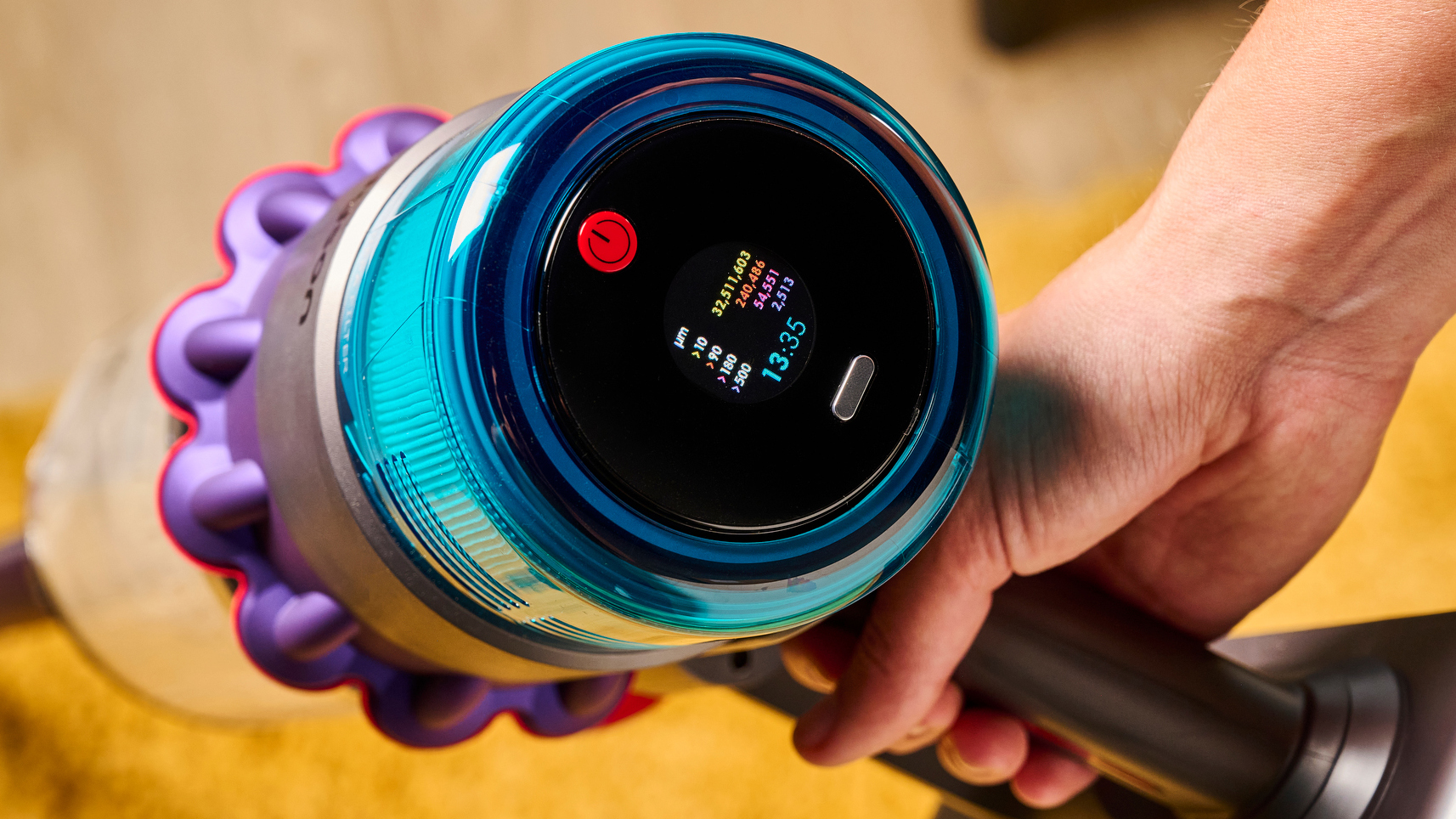
These are some of the best cordless vacuums we've tested. Automatic adjustment isn't just a gimmick – done well, it means less effort is required on your part (no messing around changing settings), the floors are reliably cleaned, and you're not wasting valuable battery life.
But I don't think Samsung has it quite right yet. Focusing on adjustment based on dirt levels, as Shark and Dyson do, makes more sense to me than being so fixated on the specifics of floor type. Not least because it opens up more possibilities for failure… which, unfortunately, appears to be the case with Samsung's latest offering.
A case for AI?
Samsung doesn't even have the excuse of it being brand-new tech – this is the second manual vacuum in its lineup to use what the brand credits as AI, following the Samsung Bespoke Jet AI from 2023. That model was designed to sense carpet, hard floor and mats, and when it had been lifted up. Samsung chose to add long-pile / dense carpet, and corner detection, to its newer release.
While Dyson and Shark's marketing material says their automation features are based on sensors, while Samsung credits AI. In reality, I suspect all three are perhaps based on similar combinations of clever sensors and software
I say "what the brand credits as AI" above, because I'm not entirely convinced it’s anything more than a combination of very clever sensors and software, like those employed by Dyson and Shark. But I guess 'smart' and 'AI' are pretty much interchangeable these days, and few brands will pass up the chance to add ‘AI’ to their product names and marketing blurb. It also ties into Samsung's current 'AI for all' initiative. Even giving Samsung the benefit of the doubt here, the Bespoke AI Jet Ultra has done little to convince me that AI is the future of vacuum cleaners.
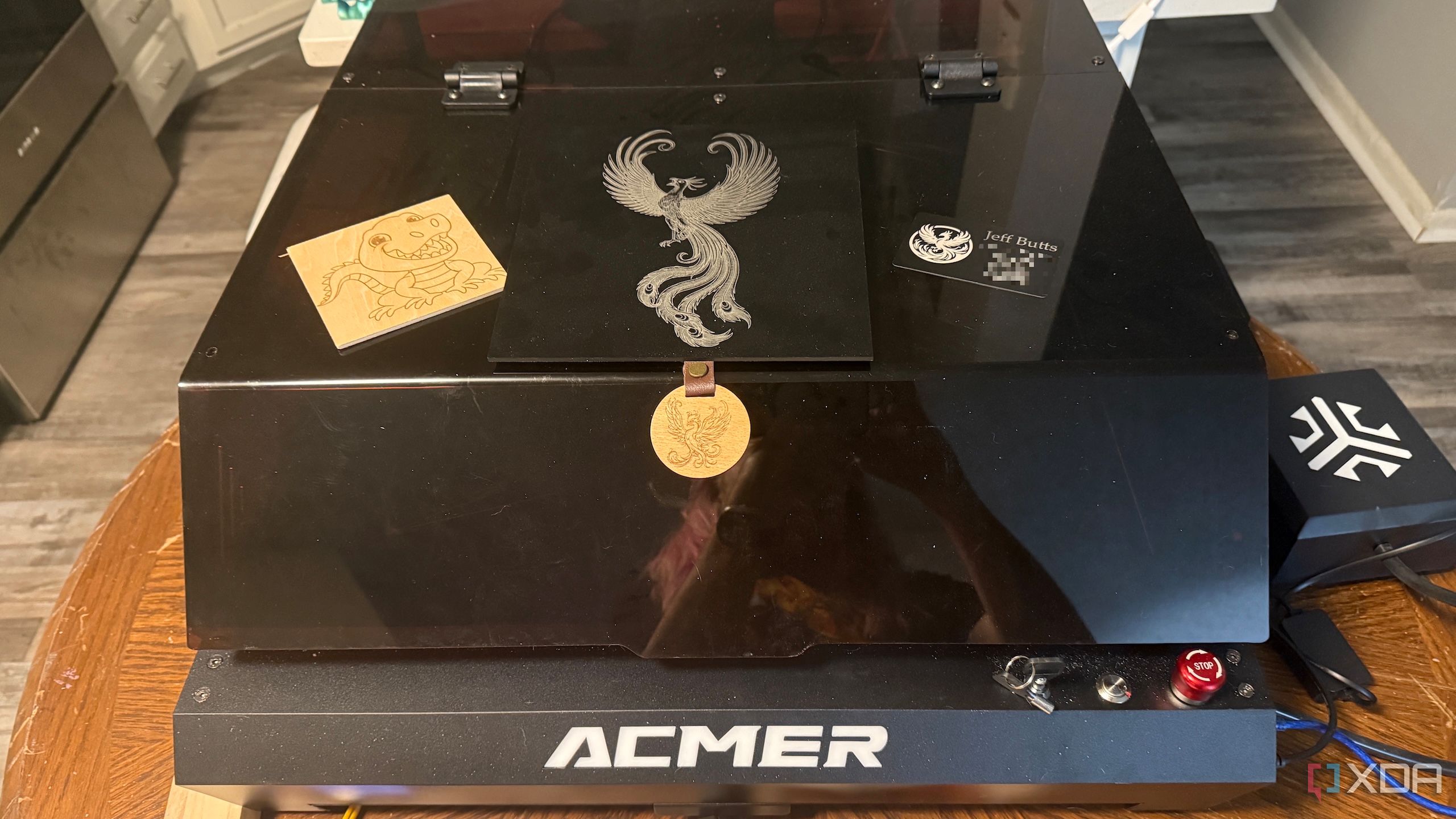
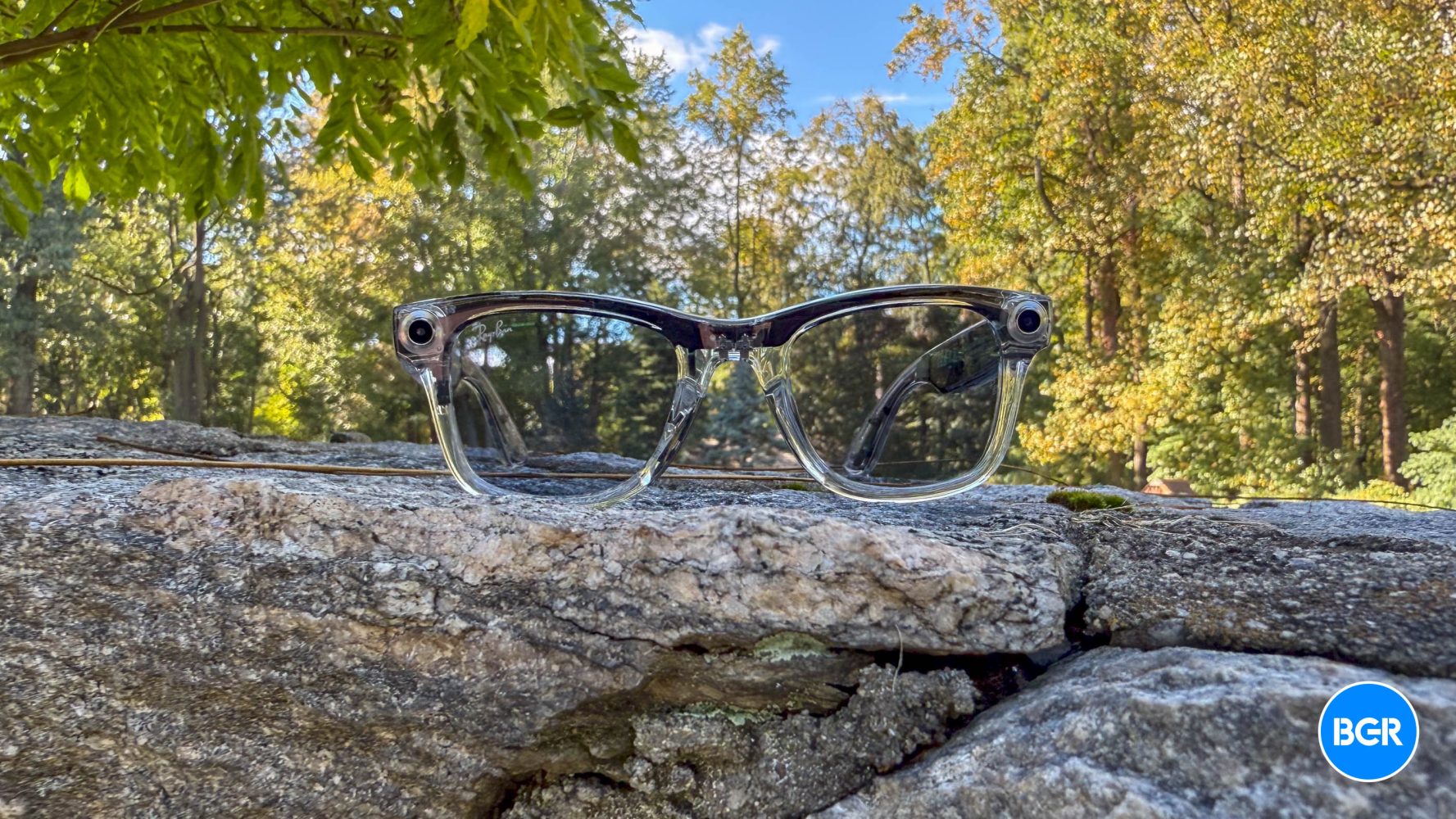





![At a Glance bug causing weather sync issues, forecast delays on Pixel [U]](https://i0.wp.com/9to5google.com/wp-content/uploads/sites/4/2024/03/At-a-Glance-v1.jpg?resize=1200%2C628&quality=82&strip=all&ssl=1)


